|
China’s central bank purchased gold for its reserves for a 17th straight month in March, extending a buying spree that has helped the precious metal surge to a record.
Bullion held by the People’s Bank of China rose 0.2% to 72.74 million troy ounces last month, according to official data released Sunday. It’s the smallest increase in the run of monthly purchases that began in November 2022. The precious metal has been on a tear in the past two months, hitting a procession of records on expectations that lower US interest rates are on the horizon. Central bank buying has also been a significant driver of its strength since 2022. Global central banks, led by China and India, continued adding to their gold reserves in February, marking a ninth straight month of growth, according to the World Gold Council. However, the figure for February showed a 58% decline from the previous month, stemming in part from a higher volume of sales. China’s official reserve assets in March rose to the highest since November 2015. The country’s foreign exchange reserves rose to $3.2457 trillion, the highest since December 2021, as the central bank aims to maintain stable holdings to fend off risks. They rose 0.6% from February and were up 1.9% from a year earlier. Gold’s scorching run to an all-time high may seem easy to explain from a distance, given the fractious geopolitical climate and murky outlook for the global economy. A few weeks ago, when the gold price hit a record high, no one besides a few gold bugs seemed to care. After a long day of berating the Chinese government about overcapacity in their economy, US Treasury Secretary Janet Yellen joined China’s Vice Premier He Lifeng for a boat cruise on the Pearl River on Friday evening in the southern megacity of Guangzhou.
0 Comments
The Chinese economy is expected to grow by 5.3% this year as the property sector recovers and external demand improves, the ASEAN+3 Macroeconomic Research Office (AMRO) said on Monday.
In its latest report, the Singapore-based group noted that stabilization in China’s property sector along with ongoing policy support will boost real estate investment and drive growth in the ASEAN+3 region, which consists of Southeast Asian nations plus Japan, China, and South Korea. AMRO’s projection is higher than China’s official growth target of about 5% and Bloomberg’s forecast, which expects the country’s economy to grow 4.6% this year. “China will continue to be a powerhouse in the region and the main driver of growth,” AMRO chief economist Hoe Ee Khor told Bloomberg. Weakness in the real estate sector “will take a bit of time to overcome, but it will happen and we expect the drag on growth will bottom out maybe this year.” The Chinese property sector crisis was sparked by the financial distress of major real estate developers, including property giants China Evergrande Group and Country Garden, which have defaulted on their debt. AMRO also revised upwards its overall growth outlook for ASEAN nations, predicting an expansion of 4.5% this year from 4.3% last year. According to the report, domestic demand is likely to remain resilient, underpinned by recovering investment and firm consumer spending. Within ASEAN specifically, its six major economies will continue to anchor growth. Indonesia, Malaysia, the Philippines, Singapore, Thailand, and Vietnam are expected to contribute an average of 10% to global growth between 2024 and 2030, experts said. The organization also forecast the semiconductor industry to rebound from a multiyear slump driven by a “brisk” recovery in chips demand from China. Global semiconductor sales are expected to rise by 9.5% a year on average in 2025–2026, the group said. After Beijing imposed the draconian National Security Law for Hong Kong in 2020, the UK, Canada and Australia responded by opening “lifeboat schemes,” or special immigration pathways, for Hong Kongers. Article 23, the latest tightening of the screws on Hong Kong freedoms, requires a similar response from the European Union.
The UK provided an escape valve by allowing Hong Kongers with British National (Overseas) (BNO) status to apply for a visa with a permanent residence pathway in Britain. More than 160,000 Hong Kongers have resettled in the UK alone since the imposition of the law, and London has taken further steps to welcome them in anticipation of the passage of Article 23. Canada launched programs to provide permanent residency to Hong Kong residents who have graduated from a selected post-secondary institutions in Canada, and to Hong Kongers who have completed post-secondary education and have worked in Canada for a minimum of one year. Australia enabled Hong Kongers completing eligible tertiary studies to apply for a temporary graduate visa after their studies, with a pathway to permanent residency. This week, the Hong Kong government enacted the Safeguarding National Security Bill, colloquially known as “Article 23 legislation,” in the territory. Article 23 is a domestic, albeit more severe, version of the National Security Law, and was first proposed in 2003. Under the Basic Law of Hong Kong, the city’s constitution, the Hong Kong government is required to introduce legislation to safeguard national security. In recent days Hong Kong officials have said that it is their constitutional “duty” to introduce Article 23 legislation, but I am not sure that broad and unclear language is what the writers of the Basic Law had in mind. When the Hong Kong authorities attempted to introduce Article 23 in 2003, more than 500,000 Hong Kongers protested, and the plans were abandoned. But today, the Hong Kong people do not have a choice nor the right to protest without facing serious repercussions. Vague terms Under directives from Beijing to pass Article 23 “as soon as possible,” the Hong Kong government left a few days to consider a public consultation process which received over 13,000 submissions and for the Hong Kong Legislative Council to review and make amendments to the 212-page bill. Article 23 prohibits seven types of activities: treason, secession, sedition, subversion, theft of state secrets, foreign political organizations or bodies conducting political activities in Hong Kong, and political organizations or bodies in Hong Kong establishing ties with foreign political organizations or bodies. The language surrounding what constitutes these activities is vague to intentionally allow the government to criminalize whatsoever and whosoever it wishes. For example, starting with the definition of ‘national security’, the bill reads “specific measures to be taken to safeguard national security will depend on the actual situation in the HKSAR.” Under which circumstances, and in what situations, will certain individuals and organizations be criminalized? This language not only mirrors the definition of national security on mainland China, but potentially contravenes the “principle of legal certainty” protected under the International Covenant on Civil and Political Rights. A Mount Everest trekking guide has called for "strict rules" imposed by Nepal's government to combat the "huge problem" of trash on Mount Everest, including banning litterers from all mountains for "a lifetime." Officials of Nepal’s Mountaineering Association are warning that climbers leaving human waste on Mount Everest are causing real health issues. The problem is deemed to be so serious that it could even lead to the spread of diseases. So, how much poopy and other garbage calls the planet's highest mountain home? A Tech Times story describes the mountain as "the world's highest garbage dump." But Alton Byers, a mountain geologist at the Institute for Arctic and Alpine Research at the University of Colorado Boulder, said this description is not entirely accurate. The problem, he told Live Science, is worse in areas off the mountain than on it. In surrounding areas, you'll find dozens of landfills at various lodges and villages throughout Sagarmatha National Park, where Mount Everest resides. The peak of Mount Everest rests at 29,029 feet (8,848 meters) above sea level, on the northern edge of Sagarmatha National Park, within the Khumbu region of Nepal. Everest is part of the Himalayas, a mountain range in Asia stretching about 1,500 miles (2,400 kilometers) across the countries of Bhutan, India, Nepal, China, Pakistan and Afghanistan. The range resulted from the Indian subcontinent crashing into the Tibetan plateau 40 million to 50 million years ago, according to the U.S. Geological Survey. In 1922, several mountaineers and others who were part of the British Mount Everest expedition made the first attempt to reach the top of the world, but were unsuccessful. In 1953, Edmund Hillary and Tenzing Norgay became the first people to successfully reach the summit. Since then, thousands of adventurers have followed in the expedition's footsteps. In the late 1990s, Everest became a major destination for adventure tourists. More recently, Sagarmatha National Park has seen upwards of 150,000 visitors every year, with several hundreds attempting an Everest climb, according to Byers. [Photos: The World's Tallest Mountains] Climbers traveling to the bottom of the majestic mountain for the first time might be surprised to find half-buried fluorescent tents, fuel bottles and other miscellaneous pieces of old camp sites strewn about the base camps. For the most part, other climbers and porters will clean up the camp sites before the climbing season ends, Byers said. "It's remarkable how clean they've been able to keep it of litter," he said. The real problem is what happens with that litter. Many (selfish) climbers believe that harsh weather, the monsoon snows, or disposal in a crevasse will keep the mountain clean—that the crap they leave will somehow harmlessly dissolve into the mountain. This may have been true during the first four decades after Edmund Hillary and Tenzing Norgay achieved the first summit, in 1953, when only a handful of climbers attempted the summit each year. But traffic has dramatically increased with the emergence of commercial guided trips in the past 20 years, and so has the amount of human waste we’ve left on the mountain. Decades worth of shit is just sitting up there. As 700 climbers and Sherpas gear up to attempt the mountain over the next six weeks of the climbing season, now is an appropriate time to ask: How much longer can we ignore Everest’s waste problem?
India has “firmly reiterated” its support for the Philippines and its “national sovereignty,” as Manila remains locked in a territorial dispute with Beijing in the South China Sea. Tensions have further increased amid a pivot by the Philippines back towards the US.
Speaking on Tuesday alongside Philippines Foreign Secretary Enrique Manalo after bilateral talks in Manila, Indian Foreign Minister Subrahmanyam Jaishankar stated “it is essential” that nations such as theirs “cooperate more closely to shape the emerging order.” “Every country has the right to uphold and enforce its national sovereignty,” the Indian diplomat added. Responding to Jaishankar’s remarks, Chinese Foreign Ministry spokesperson Lin Jian declared that “any third party is not in a position to interfere” in the maritime dispute between Beijing and Manila. Tensions have been running high in the South China Sea since Manila allowed the US greater access to four more military bases in 2023, as part of the Enhanced Defense Cooperation Agreement (EDCA) signed in 2014. Beijing claims almost the entire South China Sea, brushing off rival claims from other countries, including the Philippines. Last week, Manila summoned Beijing’s envoy after accusing Chinese vessels of damaging a Philippines supply ship and injuring a crew close to a disputed shoal. Jaishankar’s comments also come in the wake of New Delhi’s own border tensions with Beijing over India’s Arunachal Pradesh state. China also claims the area, which it calls 'Zangnan’. Earlier this month, Beijing criticized Indian Prime Minister Narendra Modi’s visit to the region. During his visit, Modi inaugurated a tunnel that could hasten a military deployment to forward areas near the contested border with China. Reacting to Chinese comments, the Indian Foreign Ministry called Beijing’s claims over the region “absurd” and insisted that “repeating baseless arguments… does not lend such claims any validity.” Meanwhile, the US has sought to weigh in, stating that it recognizes Arunachal Pradesh as part of India and “strongly opposes” China’s “unilateral attempts to advance territorial claims.” Beijing responded by accusing Washington of interference. “China strongly deplores and firmly opposes this,” Foreign Ministry spokesperson Lin said at a press conference in Beijing last week. “The China-India boundary question is a matter between the two countries and has nothing to do with the US side.” Police in China are stepping up spot searches of people’s phones for apps enabling them to bypass the Great Firewall of government internet censorship, residents told Radio Free Asia in recent interviews. A resident of the southwestern province of Sichuan who gave only the surname Huang for fear of reprisals said he had recently been stopped on the subway in the provincial capital, Chengdu. “This happened to me in Chengdu,” Huang said. “A police officer stopped me on the subway and wanted to check my phone, but I didn't allow him to.” “I told him he had no law enforcement powers and he let it go,” he said. Chinese authorities have stepped up spot checking operations on the streets and on public transport in the years since the “white paper” protest movement of 2022, which the government blamed on infiltration by “foreign forces,” and have been forcing people to download an “anti-fraud” app that monitors their phone usage, according to recent interviews. Huang said he has also seen police checking people’s phones on the streets of Shanghai and Beijing.
He said anyone who gets hauled in to “drink tea” with the feared state security police will have their phone checked as a matter of routine, meaning that people need to delete such software or reset to factory settings to avoid discovery. He said that while some uncensored content occasionally gets through, there isn’t as much as before the current crackdown. According to Huang, the current crackdown was sparked by the “white paper” protests, after which the authorities have targeted university students to crack down on people going “over the wall” to get content that hasn’t been censored by the ruling Chinese Communist Party.
‘You have to be especially careful’ A mobile phone repair specialist in the southern province of Guangdong who declined to be named for fear of reprisals said the police-approved “anti-fraud” app can also detect the presence of circumvention tools on any phone where it has been installed. “As long as your phone has the anti-fraud app installed, they will know what you are doing,” she said. “You have to be especially careful now if you want to get around the Wall.” A screenshot provided by a resident of the central province of Hubei showed an SMS alert from the provincial police department warning them that circumvention software had been detected on their phone, in violation of the Online Security Law The user was ordered to cease and desist or report to the local police station, on pain of further “enforcement measures,” according to the text message. According to the X citizen journalist account “Mr Li is not your teacher,” a student at the School of Electronic Information and Computer Engineering at Sichuan’s Institute of Industrial Technology was recently disciplined for “ignoring online security regulations” and using software to bypass the Great Firewall on many occasions between Feb. 29 and March 11, according to a photo of the school’s disciplinary announcement. They had accessed content on overseas websites and reposted it to two WeChat groups, which “violates the school’s student regulations,” the notice said. The student was given a warning under the college’s disciplinary code, it said. Last month, China’s state security police started combing through the account’s follower list and putting pressure on people living in China to unfollow it, the journalist reported. China’s Cyberspace Administration has also been stepping up its campaign to remove unapproved content from Chinese social media platforms, reporting that it revoked the licenses of more than 10,000 websites in 2023, and hauled in more than 10,000 “for interviews.” The websites were being targeted for “spreading false information, incitement of confrontation and other harmful content,” state news agency Xinhua reported on Jan. 31. Chinese coast guard ship uses a water cannon on a Philippine resupply vessel Unaizah May 4 as it approaches Second Thomas Shoal, locally called Ayungin shoal, at the disputed South China Sea, March 23, 2024. China's coast guard on Saturday fired a water cannon at a Philippine supply boat in disputed waters in the South China Sea, causing “significant damages to the vessel” and injuring its crew, the Philippine coast guard said.
Manila was attempting to resupply troops stationed on a ship at the Second Thomas Shoal, known locally as Ayungin Shoal, when the Chinese coast guard and maritime militia “harassed, blocked, deployed water cannons, and executed dangerous maneuvers against the routine RoRe (rotation and resupply) mission,” said the Philippine National Task Force for the West Philippine Sea. The West Philippine Sea is the part of the South China Sea that Manila claims as its jurisdiction. The Chinese coast guard also set up “a floating barrier” to block access to shoal where Manila ran aground an old warship, BRP Sierra Madre, to serve as a military outpost. The Philippine task force condemned China’s “unprovoked aggression, coercion, and dangerous maneuvers.” Philippines’ RoRe missions have been regularly blocked by China’s coast guard, but this is the first time a barrier was set up near the shoal. The Philippine coast guard nevertheless claimed that the mission on Saturday was accomplished. Potential consequences The Second Thomas Shoal lies within the country’s exclusive economic zone where Manila holds sovereign rights. China, however, claims historic rights over most of the South China Sea, including the Spratly archipelago, which the shoal forms a part of. A Chinese foreign ministry’s spokesperson on Saturday said the Philippine supply vessel “intruded” into the waters near the shoal, called Ren’ai Jiao in Chinese, “without permission from the Chinese government.” “China coast guard took necessary measures at sea in accordance with law to safeguard China's rights, firmly obstructed the Philippines’ vessels, and foiled the Philippines’ attempt,” the ministry said. “If the Philippines insists on going its own way, China will continue to adopt resolute measures,” the spokesperson said, warning that Manila “should be prepared to bear all potential consequences.” U.S. Ambassador to the Philippines MaryKay Carlson wrote on social media platform X that her country “stands with the Philippines” against China’s maneuvers. Beijing’s “interference with the Philippines’ freedom of navigation violates international law and threatens a free and open Indo-Pacific,” she wrote. Australian Ambassador to the Philippines Hae Kyong Yu also said that Canberra shares the Philippines’ “serious concerns about dangerous conduct by China’s vessels adjacent to Second Thomas Shoal.” “This is part of a pattern of deeply concerning behavior,” Yu wrote on X. Even before the recent turbulences around Evergrande and other property developers, the Chinese government has already been worried about a potentially overheating real estate market for several years now. In this Executive Briefing, we are providing some background on the issue and introduce one of the most impactful policy measures that has been introduced so far to reduce risks: the Three Red Lines Policy.
As China’s real estate industry accounts for around 29% of economic output, a crash of the industry could highly damage the health of the financial system and heavily affect the livelihoods of many Chinese people, who have most of their net worth invested in real estate. Taking this into account, the People’s Bank of China and the Ministry introduced the Three Red Lines Policy in August 2020, with the aim to improve the financial health of the real estate sector by reducing developers’ leverage, improving debt coverage, and increasing liquidity. Under this framework, selected large real estate developers are assessed against three criteria, after which they will be categorized into the colors green, orange, yellow, and red, deciding the extend they are allowed to grow their debt in the next year.
Three Red Lines Criteria:
What does it mean for developers? As of the beginning of 2020, only 6.3% of rated real estate developers were able to comply with all policy criteria. But since the launch of the new regulation, companies have made efforts to control their financial performance, and credit health improvements were clearly visible in 2020 H2 earning reports. In the period of June 2020 and December 2020, 90% of the companies saw an improvement in their liability to asset ratio, 81% in their net gearing ratio, and 86% in their cash to short-term debt ratio, leading to several rating upgrades of real estate developers. This trend is believed to be directly related to the introduction of the Three Red Lines Policy. Companies are actively trying to lower their liabilities by reducing the amounts of borrowings, while developers are becoming less aggressive in their expansion plans as they scale back on their land acquisition and are disposing assets not related to their core development business. In the future, this might push out smaller developers, with the real estate market being concentrated on a few dominating players. Given a transition period of three years, developers have until mid of 2023 to meet all three criteria. What is next? In recent months, China has further implemented measures to tighten the credit environment and regulate the heated real estate market. In December 2020, China’s Central Bank issued a regulation to cap property loans by banks to control real estate investment and curb housing price speculations. Divided into five categories, banks are subject to different caps on their loans and have a grace period of 4 years to meet the regulatory requirements. Another guideline for improving order in the real estate market was announced by eight government departments in July 2021, which focuses on strengthening supervision in the areas of real estate development, rental housing, brokerage, and related services over the course of the next three years. Under the principle ‘housing is for living in, not for speculation’, the government strives to clean up irregularities in the property market, with this trend expected to continue to grow in the future. China Evergrande Group’s (恆大集團) alleged US$78 billion revenue overstatement escalates the legal peril of founder Hui Ka Yan (許家印), who now stands at the center of one of the biggest financial fraud cases in history.
The nation’s top securities regulator said the developer’s onshore unit inflated revenue by recognizing sales in advance in the two years through 2020 that led up to its default. It imposed a 4.18 billion yuan (US$581 million) fine against the unit. Evergrande’s alleged fraud dwarfs that of Luckin Coffee Inc (瑞幸咖啡) and Enron Corp, dealing a blow to the reputation of its former auditor PricewaterhouseCoopers LLP and the country’s financial oversight. It fuels concern about how widespread such accounting issues are, just as the new China Securities Regulatory Commission (CSRC) chairman is trying to tighten oversight. The fine also means Evergrande, with about US$332 billion in liabilities, will have even less money to pay off global creditors, despite a Hong Kong court ordering the company to be liquidated in late January. “The alleged fraud is shocking in its scale,” said Brock Silvers, managing director at private equity firm Kaiyuan Capital. “Hui became an expected civil and criminal target as soon as Evergrande was ordered into liquidation.” The allegations mark the latest blow for Hui, once among Asia’s richest tycoons, who oversaw a sprawling empire that spanned real estate to electric vehicles. Evergrande was one of China’s biggest developers, taking on massive debt to expand across the country as condo sales boomed. The CSRC’s action may pave the way for more serious charges against Hui, who was detained by police last year due to “suspicion of illegal crimes.” No criminal charges against Hui have been made public and his whereabouts aren’t known. The levies are administrative penalties. Regulators allege Hui instructed other personnel to “falsely inflate” annual results. The onshore unit Hengda Real Estate Group (恆大地產集團) boosted its 2019 revenue by about 214 billion yuan, and another 350 billion yuan in 2020, the regulator said. The inflated figures accounted for half of Hengda’s total revenue in 2019, and 79 percent in 2020. As the supervisor in charge, Hui used particularly “egregious” means, the regulator said. Hengda also used these inflated figures in marketing to issue a combined 20.8 billion yuan in bonds, the regulator said. Evergrande used to recognize revenue from apartments including those that were presold but yet to be delivered. The developer said last year that it changed its approach in 2021 to book revenue after the units were completed or occupied by their owners. Hengda’s auditor in 2019 and 2020 was PricewaterhouseCoopers Zhong Tian LLP (普華永道中天會計師事務所), a mainland entity affiliated with PwC’s network. PwC resigned as Evergrande’s auditor in January last year due to audit disagreements. PwC has also resigned as auditor for other Chinese developers including Sunac China Holdings Ltd (融創中國控股) and Shimao Group Holdings Ltd (世茂集團) In Hong Kong, the city’s Financial Reporting Council said in 2022 that it was looking into Evergrande’s financial statements for 2020 and expanding an investigation of an audit carried out by PwC. “The more alarming question is — given than many other real estate developers have faced financial distress — who else relied on accounting gimmickry to buy them time,” said Joel A. Gallo, an adjunct professor at New York University in Shanghai. “Regulators should pose tough questions to the industry and their auditors.” “To improve investor confidence in a sector that has weighed down the market, transparency, which has been murky so far, needs to be demonstrated,” Gallo added. The CSRC’s fine against Hengda, while among the largest ever in China, trails that of the 7.1 billion yuan slapped on fintech giant Ant Group Co (螞蟻集團) for policy violations. Hui was fined 47 million yuan for the falsified results and other alleged violations, and banned for life from capital markets activities. Other former executives Xia Haijun (夏海鈞) and Pan Darong (潘大榮) were also among people punished with fines and market bans. Once Asia’s second-richest man, worth US$42 billion at his peak in 2017, Hui has seen his wealth plummet to about US$1 billion after the developer defaulted in 2021. Evergrande’s stock has tumbled and was eventually suspended from trading. Over a third of Dutch people with East Asia and Southeast Asia roots have experienced discrimination in the past few year. Among Chinese Dutch it's even 52 percent. The reports are based on a study by the University of Amsterdam and the Fontys Hogeschool Tilburg on behalf of the Ministry of Social Affairs.
It is the first extensive study into discrimination against Dutch people with East- and Southeast Asian roots. The researchers surveyed a representative sample of 2,505 Dutch people of East Asian and Southeast Asian descent and extensively interviewed 36 respondents. They found countless examples of people being verbally abused, disadvantaged, or excluded because of their appearance or surname. Some reported having racial slurs yelled at them on the street or in class. Others reported “jokes” about eating dogs. Many noticed they had less chance of finding a job or a home. The discrimination mainly occurred in public places, education, and at work. When it comes to slurs shouted on the streets, the perpetrators are usually men, and the victims are generally women. Respondents also often noted being called “Chinese” regardless of their actual origin. These types of experiences have significant consequences, the researchers found. All surveyed groups reported psychological complaints, reduced involvement in society, and damaged trust in the authorities. Perceived discrimination also seems to have increased in all groups since the start of the coronavirus crisis, the researchers said. But they added: “It is not clear whether this increase is the result of an increase in actual discrimination, increasing awareness of discrimination, or the rising willingness to name and report it.” In recent years, there have been many studies in the Netherlands into perceived discrimination from minority groups. These studies typically ignored people with roots in East Asia and Southeast Asia. “That may have to do with the fact that they are often seen as a ‘model minority’ who experience few problems and pose few problems,” the researchers note. That can also be considered discrimination. These population groups have experienced discrimination since Chinese sailors started working in the Dutch ports at the start of the last century, especially during the economic crisis in the 1930s, the researchers said. The report cites a quote from an official in 1929. “If people are allowed in, if they are allowed to stay here for decades, it will be very difficult to get rid of them, and a Dutch colony of illegitimate children with Gypsy, Oriental, and Chinese blood will be bred.” The researchers noted that this idea still lingers in Dutch society, pointing to a broadcast of Holland’s Got Talent in which jury member Gordon said to a candidate of Chinese origin: “Which number are you singing? Number 39 with rice?” Minister Karien van Gennip of Social Affairs called the study results “unfortunately, no surprise.” She said: “It is now visible to everyone on what scale this discrimination takes place. It provides recognition, but above all, it gives us a job to do as a society. Why China’s frustrated Youth are Ready to ‘let it rot’Early this month China’s president Xi Jinping encouraged the country’s youth to establish “great ideals” and incorporate their personal goals into the “bigger picture” of the Chinese nation and people. “‘China’s hope lies in youth,” he said in a major speech.
But on China’s internet, some young people say their “ideals” simply cannot be achieved and many of them have given up on trying. Frustrated by the mounting uncertainties and lack of economic opportunities, they are resorting to a new buzzword – bai lan (摆烂, or let it rot in English) – to capture their attitude towards life. The phrase, bai lan, which has its origin in NBA games, means a voluntary retreat from pursuing certain goals because one realises they are simply too difficult to achieve. In American basketball, it often refers to a team’s deliberate loss of a game in order to get a better draft pick. On Weibo, the bai lan-related topics have generated hundreds of millions of reads and discussions since March. Netizens also created different variations of the bai lan attitude. “Properties in Shanghai too expensive? Fine, I’ll just rent all my life, as I can’t afford it if I only earn a monthly salary anyway,” one grumbled. In recent days, this phrase – and more previously ‘tang ping’ (lying flat, 躺平), which means rejecting gruelling competition for a low desire life – gained popularity as severe competition and high social expectations prompted many young Chinese to give up on hard work. But bai lan has a more worrying layer in the way it is being used by young people in China: to actively embrace a deteriorating situation, rather than trying to turn it around. It is close to other Chinese phrases, for example ‘to smash a cracked pot’ (破罐破摔) and ‘dead pigs are not afraid of boiling water’ (死猪不怕开水烫). State media have taken note of this trend. “Why modern young Chinese like to ‘bai lan’?” one recent article in official media outlet asked. “In fact, this is as a result of negative auto suggestion, repeatedly telling oneself I cannot make it… And this kind of mentality often leads people to adopt the ‘bai lan’ attitude.” But the reality is not quite as state media suggested, says Sal Hang, a 29-year-old creative industry professional in Beijing. He says that for his generation of young Chinese, this attitude of letting things rot is likely to be caused by a lack of social mobility and increased uncertainty in today’s China. “Unlike my parents’ generation, young Chinese today have much bigger expectations, but there are many more uncertainties for us, too. For example, we cannot make any long-term plans for our lives any more, because we do not know what is going to happen to us even five years down the road.” After working as a flight engineer in south-western China, Hang moved to Beijing three years ago to work in music, his passion. But the workplace reality changed his initial ambition. “My boss often sets unrealistic targets for me. But however hard I try to meet his KPIs, I always fail. So in the end, I lose my motivation and just do my bare minimum.” Prof Mary Gallagher, director of the Centre for Chinese Studies at the University of Michigan, says ‘bai lan’ is not necessarily a sentiment unique to China. “It is a bit like the ‘slacker’ generation in America in the 1990s. And like ‘tang ping’ last year, it is also a rejection against the ultra-competitiveness of today’s Chinese society.” But in today’s China, the sense of hopelessness among the young is further exacerbated by shrinking economic opportunities, she says. In the past few months, while hundreds of millions of Chinese people were confined to their homes due to Covid lockdowns, the world’s second-largest economy also found itself struggling to boost growth. More than 18% of young Chinese people aged between 16 and 24 were jobless in April – the highest since the official record began. “Hard to find a job after graduation this year? Fine, I’ll just bai lan – stay at home and watch TV all day,” wrote one netizen who struggled to find work, despite China’s top leader urged young people to fight for the future. Kecheng Fang, a media professor at the Chinese University of Hong Kong, says young Chinese use ‘bai lan’ or ‘tang ping’ to show they are not cooperating with the official narrative. “All these popular phrases reflect a shared social emotion of the day. When people use them, they are not just expressing themselves, but looking for a connection with those who have the same feeling,” he says. “Despite the grand official narrative from the leaders, in real life, we are all in the same situation, after all.”
Last week, the US military news site Special Operations Forces Report (SOFREP) wrote that America’s “Green Berets” were planned to be deployed to Taiwan to act as permanent training observers and prepare the island’s special units. This represents a departure from past practice that saw frequent but non-permanent visits by US personnel to Taiwanese training facilities, the report said. The permanent US forces, according to the article, would be situated on the Kinmen Islands, just 10 kilometers from mainland China.
Beijing sees the self-governing isle as part of China’s sovereign territory, and has repeatedly warned it against formally declaring independence. Although Taiwan has governed itself since 1949, most of the international community, including the US, does not officially recognize it as a sovereign state. While the US does not officially support Taiwanese independence, it maintains security ties with the island. Under the ‘Taiwan Enhanced Resilience Act 2022,’ to “deter People’s Republic of China (PRC) aggression against Taiwan” the US is authorized to spend up to $2 billion a year in military grants to bolster the island’s security up until 2027. Mainland China has slammed the increased rotation of US military personnel to the island. The US always prioritizes its own interests, and Taiwan is merely a “pawn” it uses against mainland China, Beijing’s spokesman Chen Binhua stated on Wednesday. He claimed that by “closely aligning with the US to carry out so-called military training programs,” Taiwan’s political leadership is gradually “pushing the people of Taiwan into a crisis.” “Any attempt to seek ‘independence’ through military means or rely on external forces for ‘independence’ will only lead to danger and ultimately result in self-destruction for Taiwan,” he warned. China is using artificial intelligence in the operation of its 45,000km (28,000-mile) high-speed rail network, with the technology achieving several milestones, according to engineers involved in the project.
An AI system in Beijing is processing vast amounts of real-time data from across the country and can alert maintenance teams of abnormal situations within 40 minutes, with an accuracy as high as 95 per cent, they said in a peer-reviewed paper. “This helps on-site teams conduct reinspections and repairs as quickly as possible,” wrote Niu Daoan, a senior engineer at the China State Railway Group’s infrastructure inspection centre, in the paper published by the academic journal China Railway. In the past year, none of China’s operational high-speed railway lines received a single warning that required speed reduction due to major track irregularity issues, while the number of minor track faults decreased by 80 per cent compared to the previous year. According to the paper, the amplitude of rail movement caused by strong winds also decreased – even on massive valley-spanning bridges – with the application of AI technology. Machine intelligence can predict and issue warnings before problems arise, enabling precise and timely maintenance that keeps the infrastructure of high-speed rail lines in better condition than when it was first built, according to the researchers. Niu and his team said the significant amount of data generated by the sensors embedded in high-speed rail infrastructure was “forcing China to adopt new technologies such as big data and artificial intelligence”. The adoption of these technologies allowed for “more precise and timely assessments and scientific evaluations of infrastructure service status”, they said. According to the paper, after years of effort Chinese railway scientists and engineers have “solved challenges” in comprehensive risk perception, equipment evaluation, and precise trend predictions in engineering, power supply and telecommunications. The result was “scientific support for achieving proactive safety prevention and precise infrastructure maintenance for high-speed railways”, the engineers said. Before construction began on China’s first high-speed rail line 15 years ago, critics argued that maintenance would become an unbearable burden as wires and rails inevitably aged. By the end of last year, the network surpassed the length of the equator, posing an engineering and technological challenge to maintain its safe operation. Across the Pacific, the ageing US railway network is facing the same issue, with lack of maintenance leading to frequent safety incidents. In the past 50 years, the average number of derailments has exceeded 2,800 per year, peaking at nearly 10,000 in 1978. China’s high-speed rail is the fastest in the world, operating at 350km/h (217mph), with plans for an increase next year to 400km/hr (249mph). The network is expected to continue its rapid expansion until it connects all cities with populations over 500,000. But Niu’s team identified a looming problem for the rail network, in the combination of rising incomes, a declining birth rate and the overall ageing of the population – the number of maintenance workers will gradually decrease compared to present levels. Asia’s bountiful rice fields have fed the world for centuries, but the industry now faces a threat from a weedy “cousin” of the staple that has proliferated due in part to poor farming practices.
Mealy in texture with dark pigmentation and unfit for consumption, weedy rice can grow rapidly and taller than the regular crop varieties, depriving the latter of soil nutrients and sunlight. As a result of the invasive weedy rice, harvest quality, yields and in turn market value of regular rice have declined significantly in recent years. “They have become feral through a sort of accidental selection. They will eventually stick out over a crop field, but the problem is that by the time they are visible, there can often be quite an infestation,” Kenneth Olsen, Professor of Biology at Washington University, told This Week in Asia. “A major weedy rice infestation can reduce crop harvests in a given field by over 80 per cent,” he said. According to the World Economic Forum, Asian rice producers account for more than 80 per cent of global supply. Olsen was part of an international team including biologists in the United States, Thailand, Malaysia and China who have analysed the menace in a new study. The origins of weedy rice are unclear, although farmers first reported its presence about two decades ago. A high proportion of its varieties in East Asia appears to be directly descended from hybrid rice varieties introduced in the 1980s, Olsen said. Other varieties of weedy rice have also crossbred with wild rice varieties in Asia. “These very aggressive weedy forms can outcompete other rice crops [in terms of growth],” he said. According to several studies, weedy rice appears to be linked to certain cultivated rice varieties in Japan, South Korea and China. It only requires a small amount of weedy rice plants per square metre to cause huge damage to the harvest of cultivated rice, Olsen said. For instance, the US saw crop losses equivalent to an amount that was sufficient to feed 12 million people due to the damage caused by weedy rice in the last few years, he added. Some of the weedy varieties are highly effective at dispersing their seeds in rice fields because of a certain genetic mutation. “These seeds can lie dormant and be perfectly viable for 20 years,” Olsen said. Major rice producer Thailand had reported losses of about 10 per cent of its output as a result of the weedy rice problem in recent years, said Tonapha Pusadee, one of the study’s co-authors. Some studies show that weedy rice varieties found in Southeast Asia have branched off into different evolutionary pathways, including several that originated from cultivated rice. Thai farmers have resorted to several ways to deal with weedy rice, such as cutting the panicles, or the top portions, of their rice crops, using a chemical in a bid to eliminate the problem and planting rice for only one season, Pusadee said. |
Thank you for choosing to make a difference through your donation. We appreciate your support.
This website uses marketing and tracking technologies. Opting out of this will opt you out of all cookies, except for those needed to run the website. Note that some products may not work as well without tracking cookies. Opt Out of CookiesCategories
All
Archives
April 2024
|

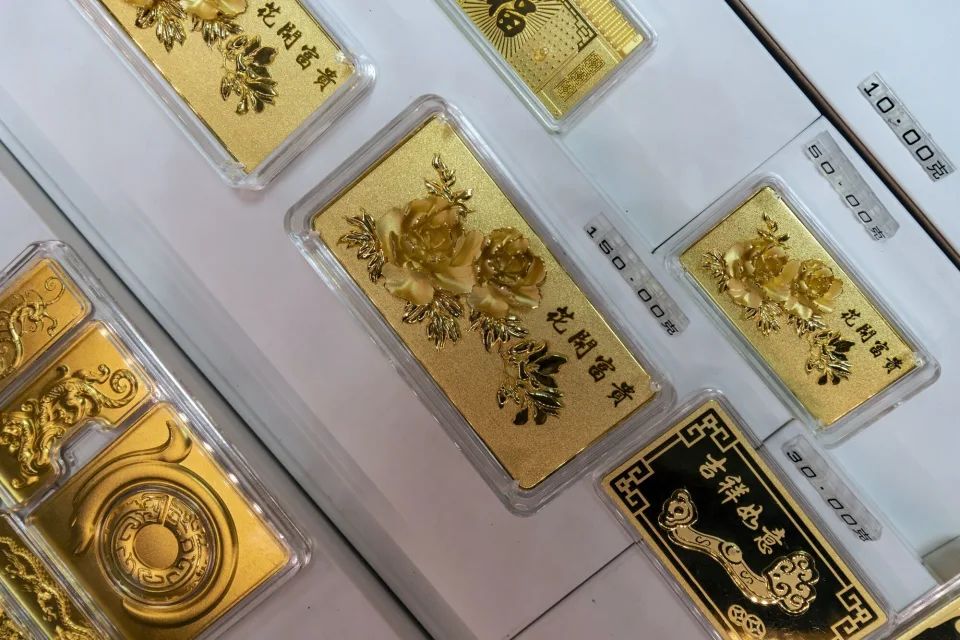
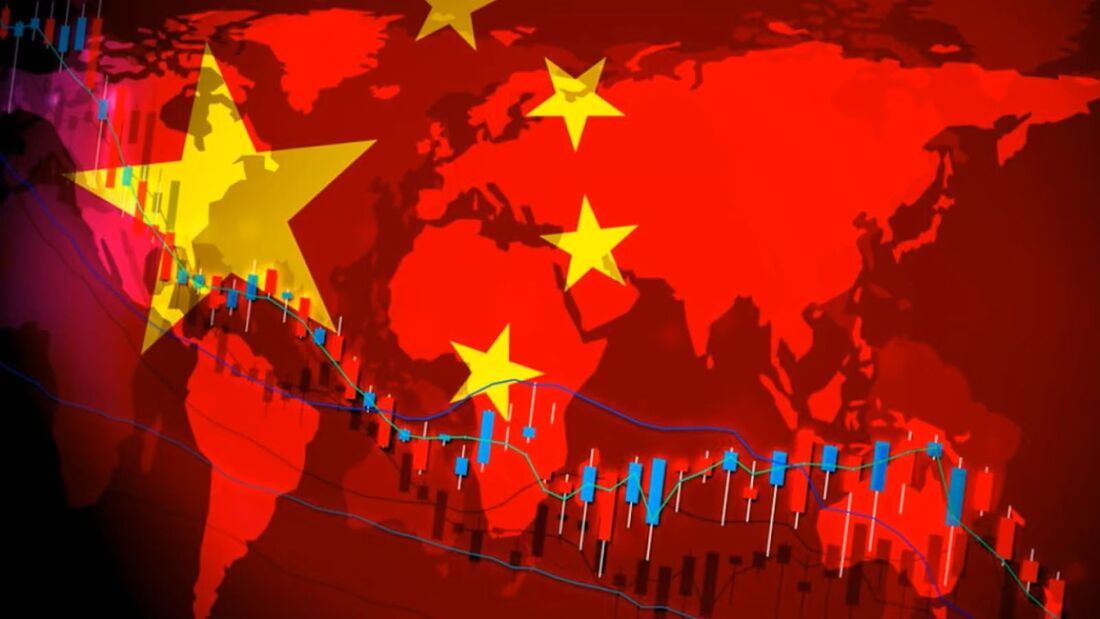
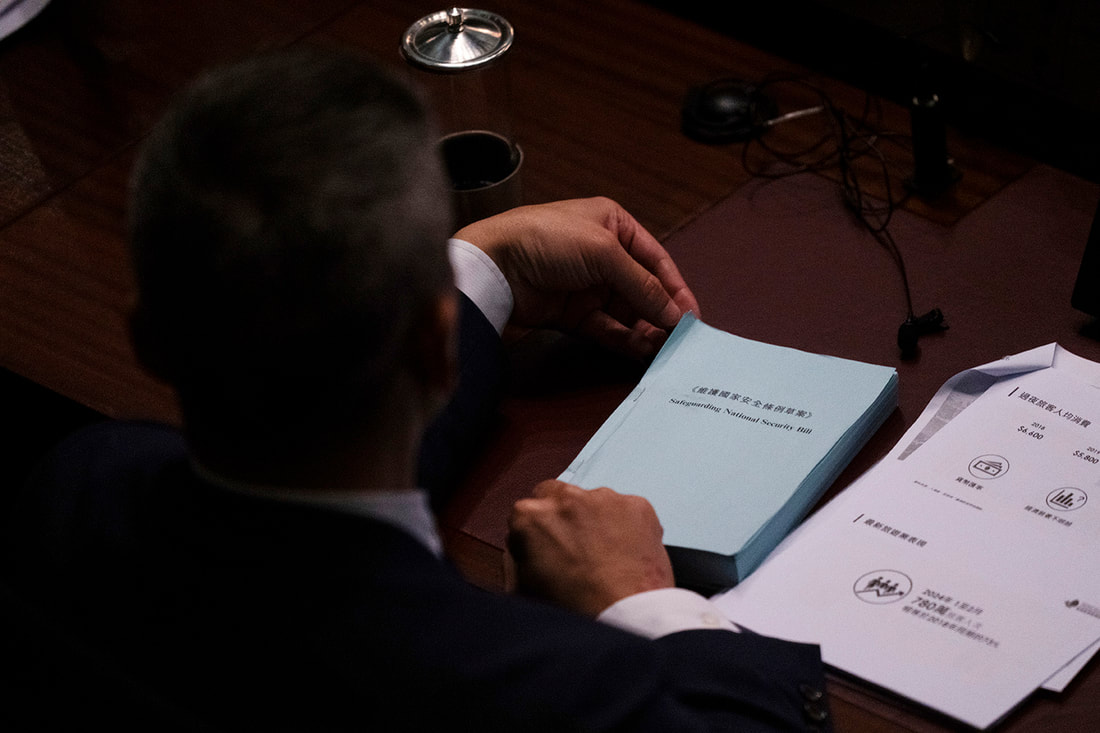

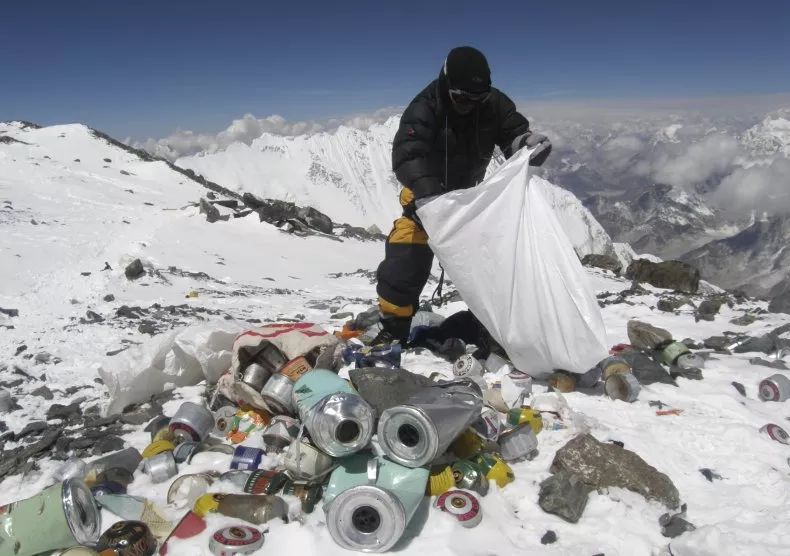
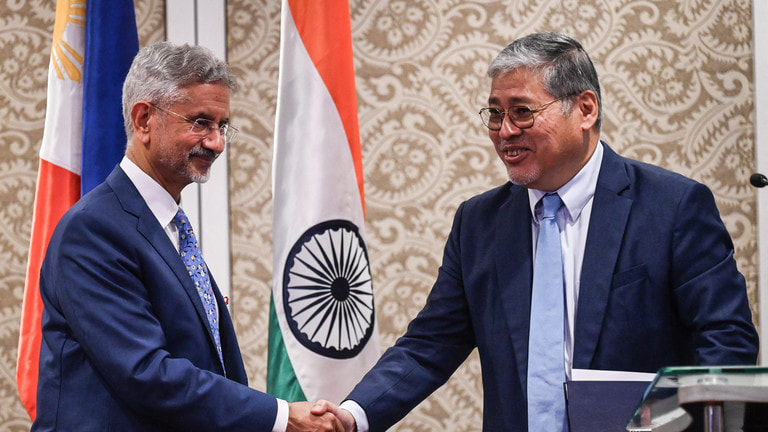
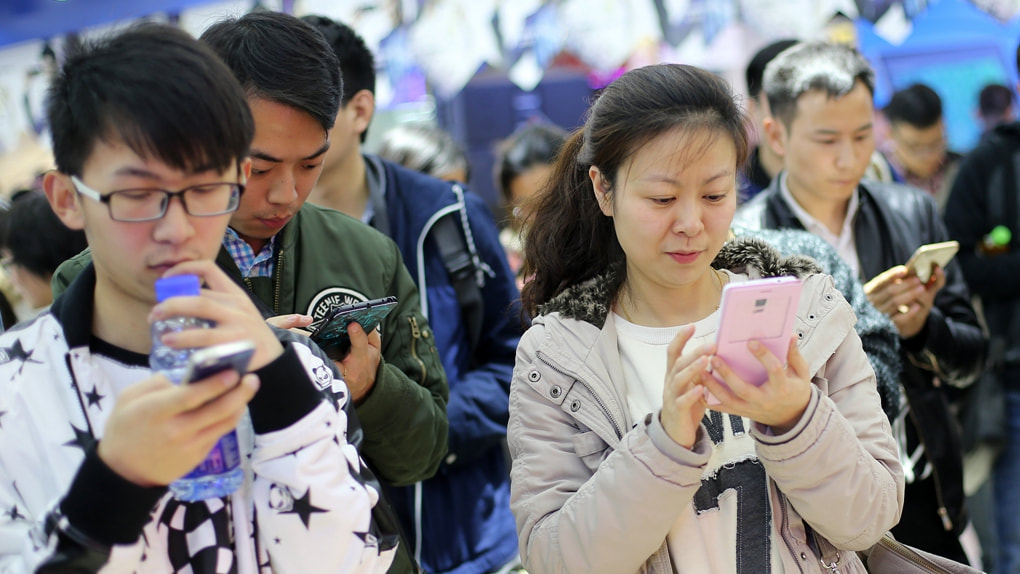
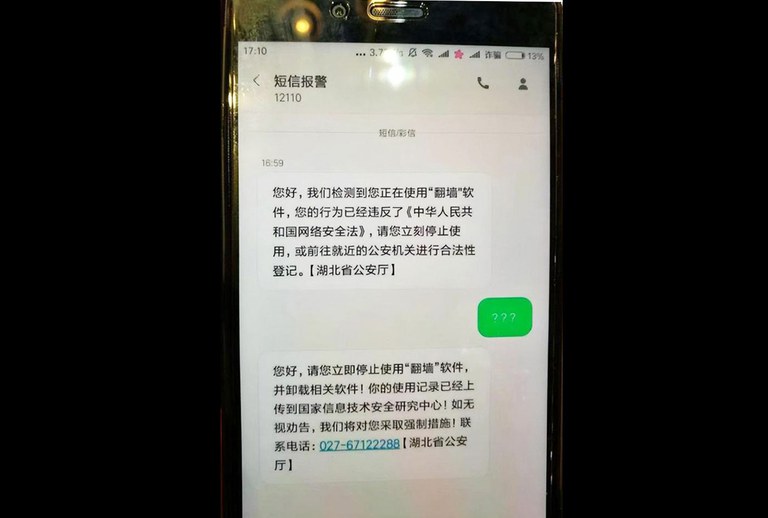
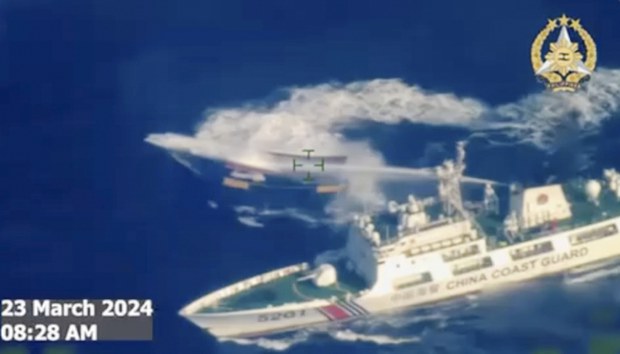
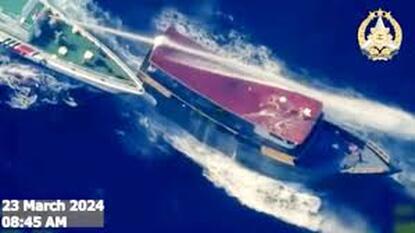
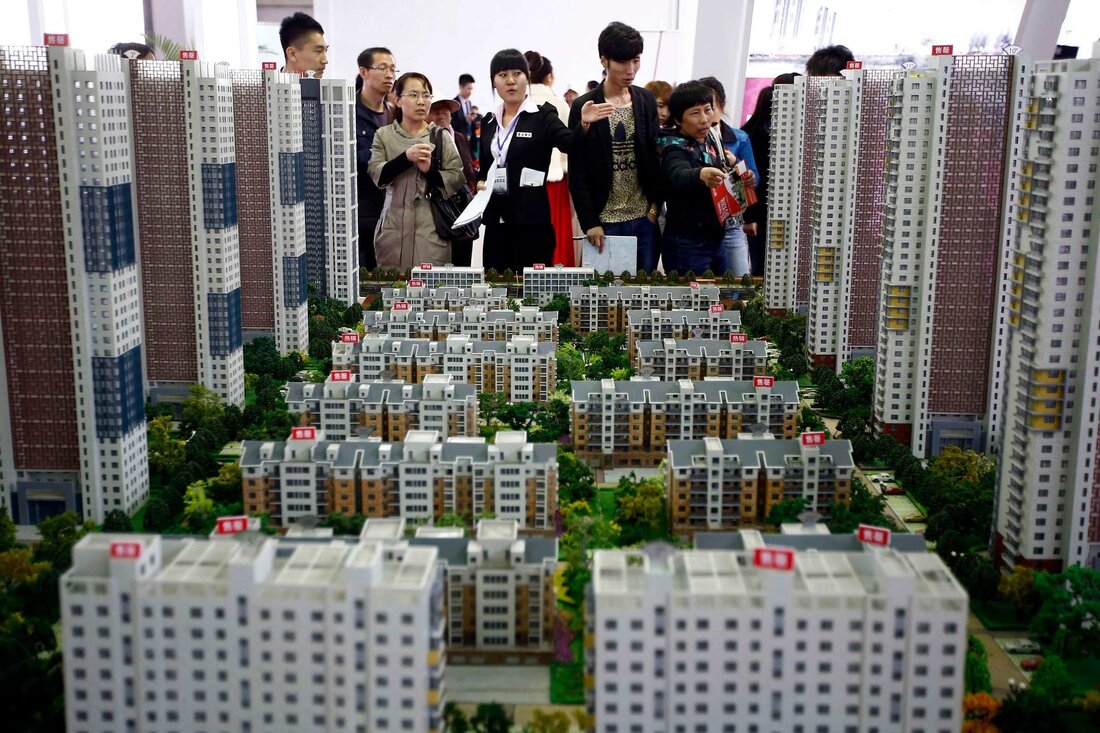
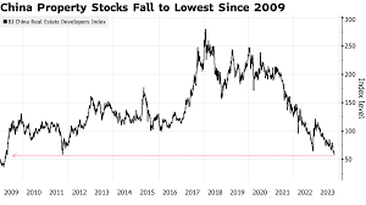
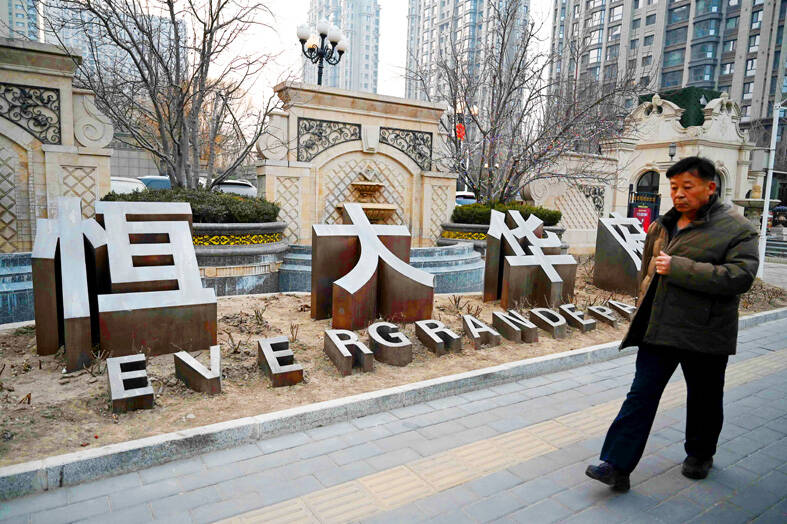
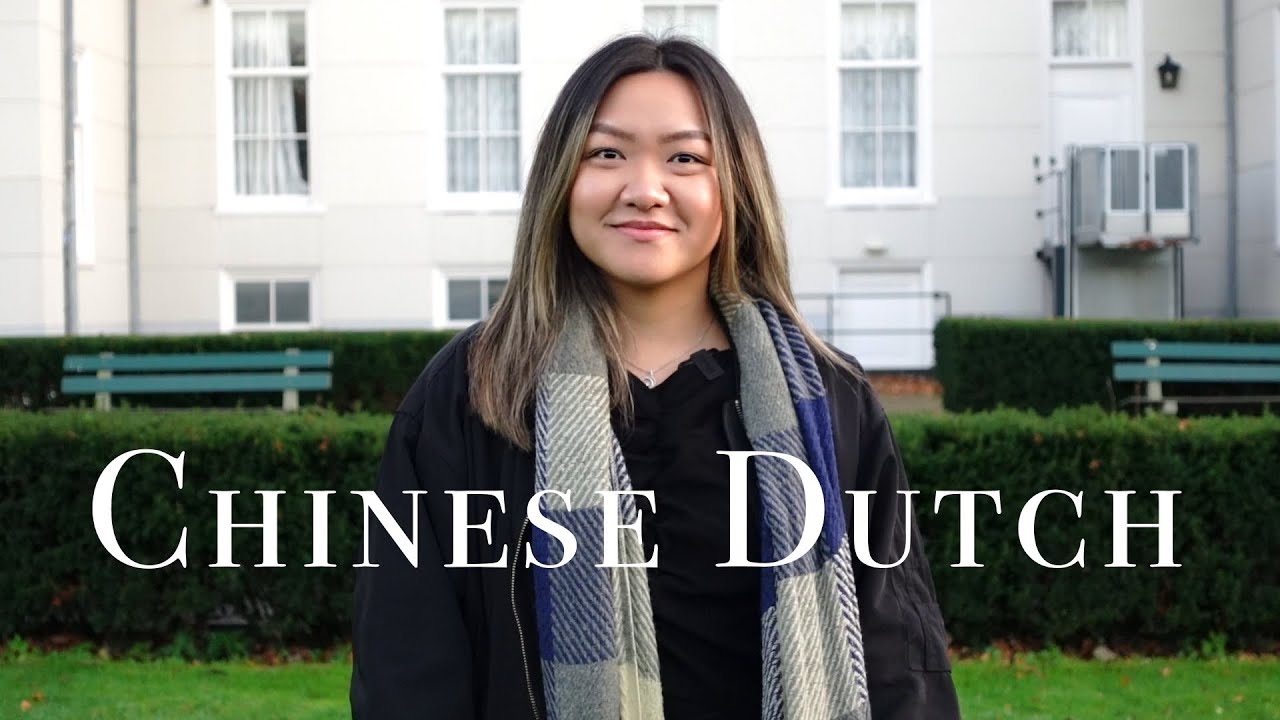
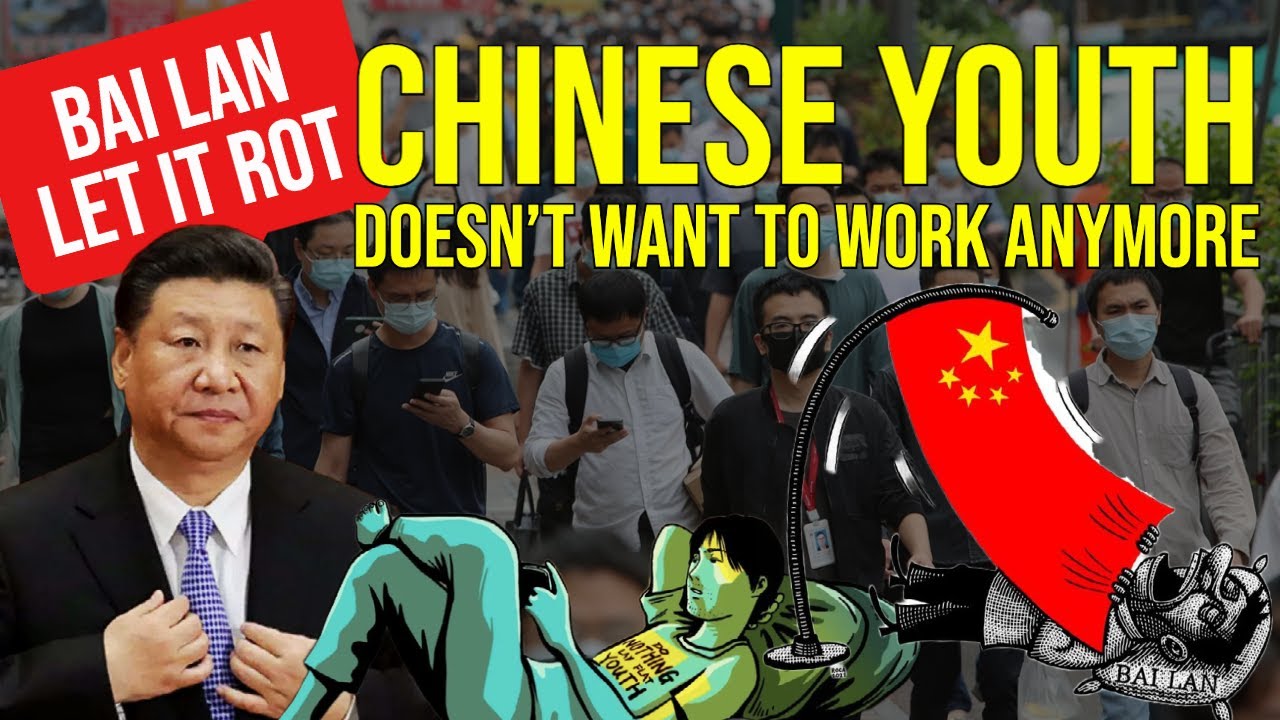
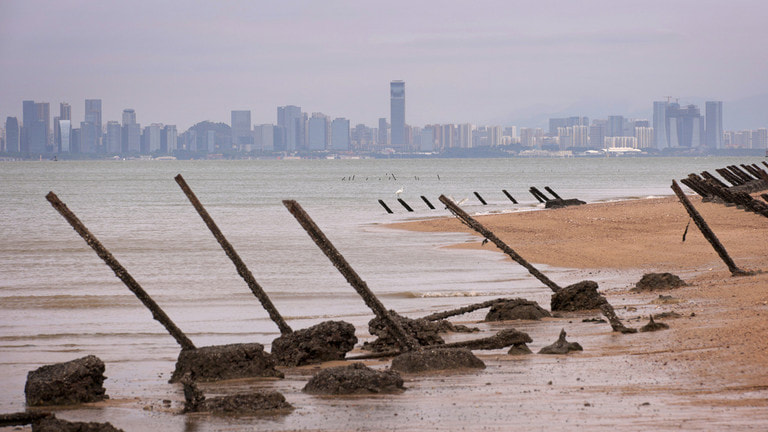
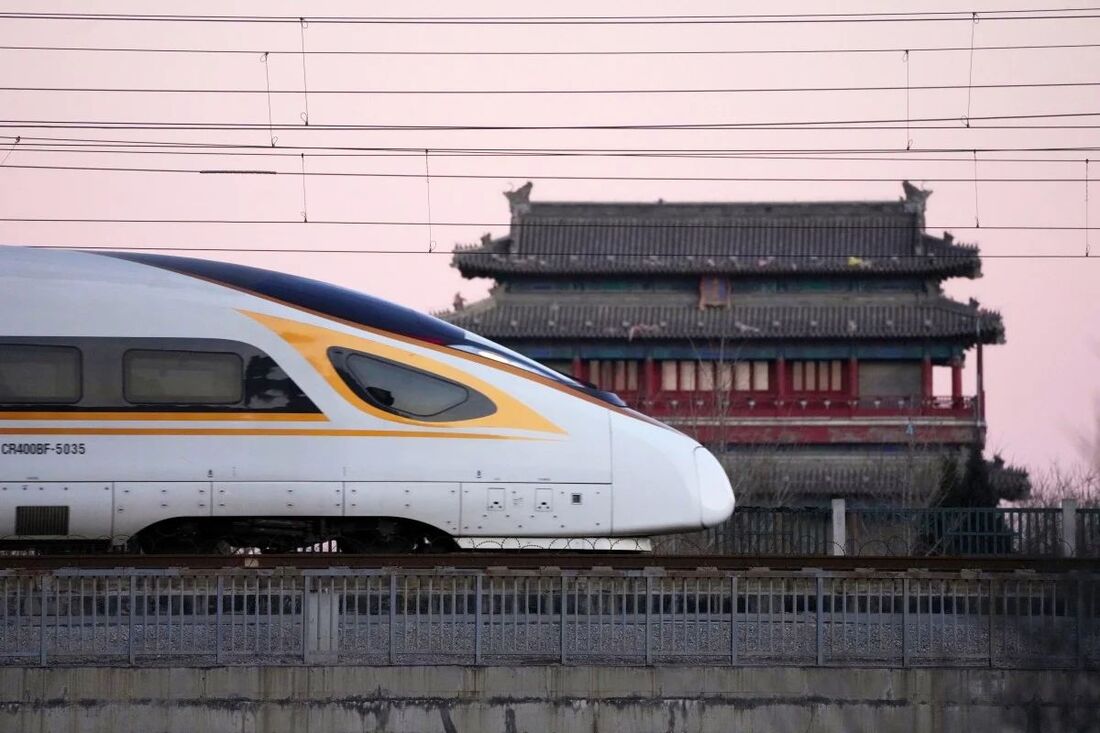
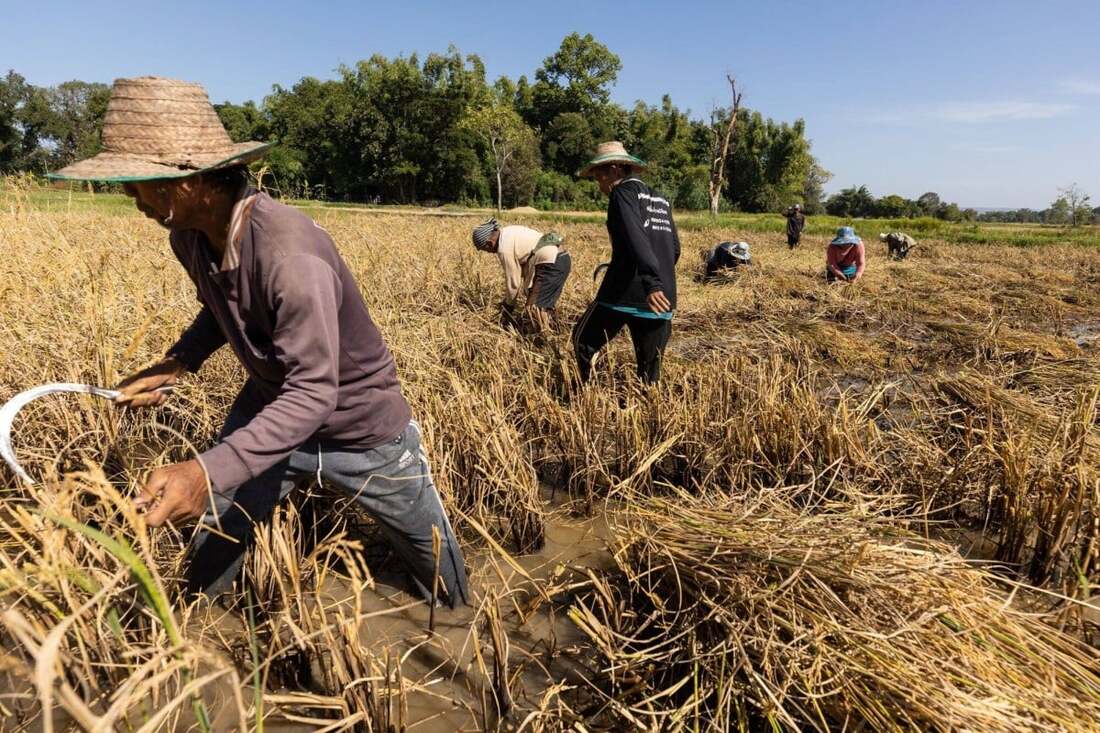

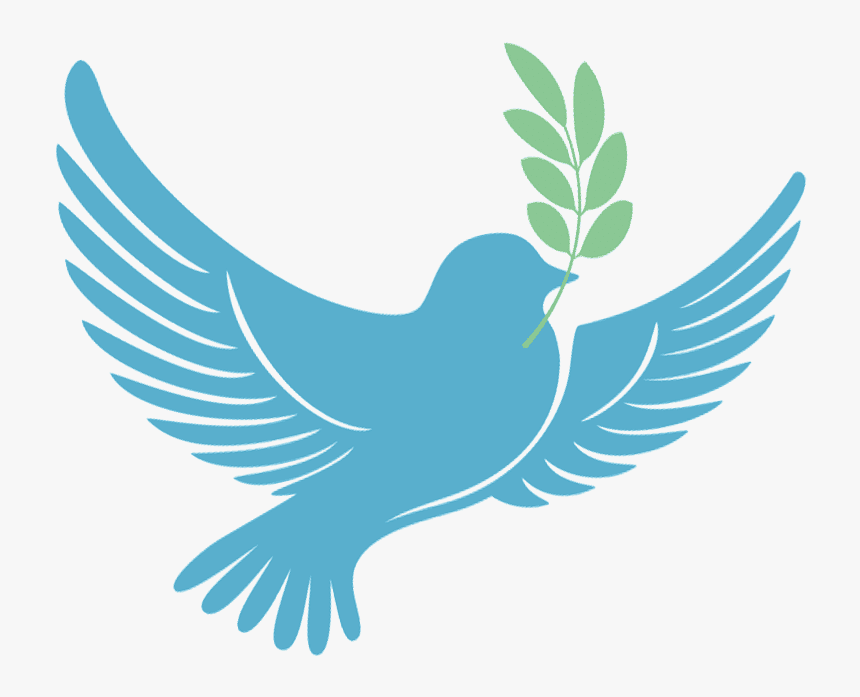
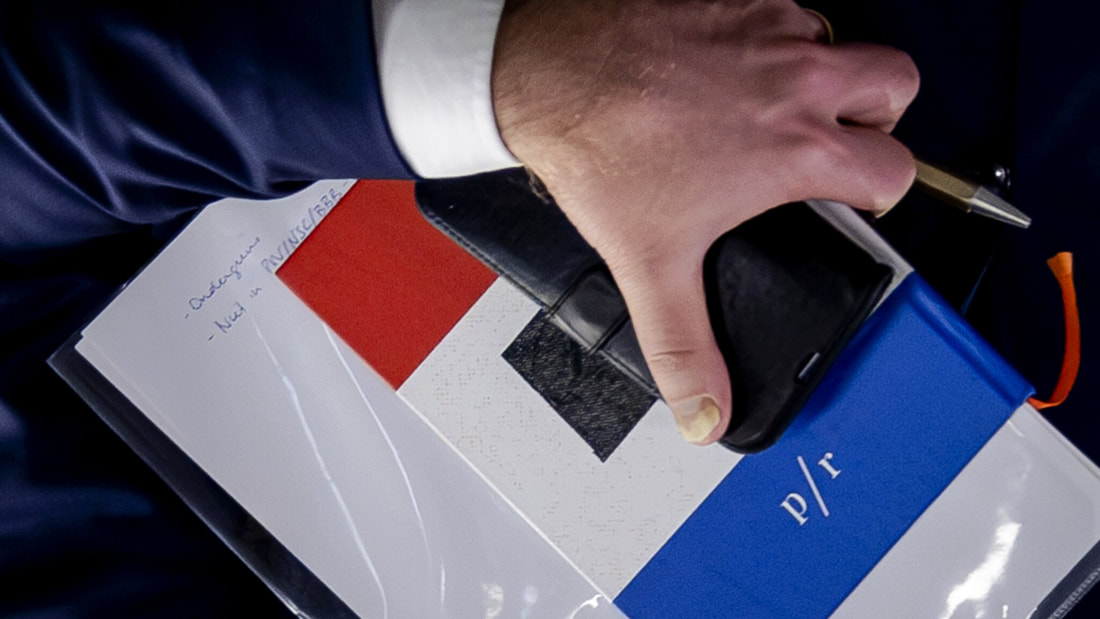
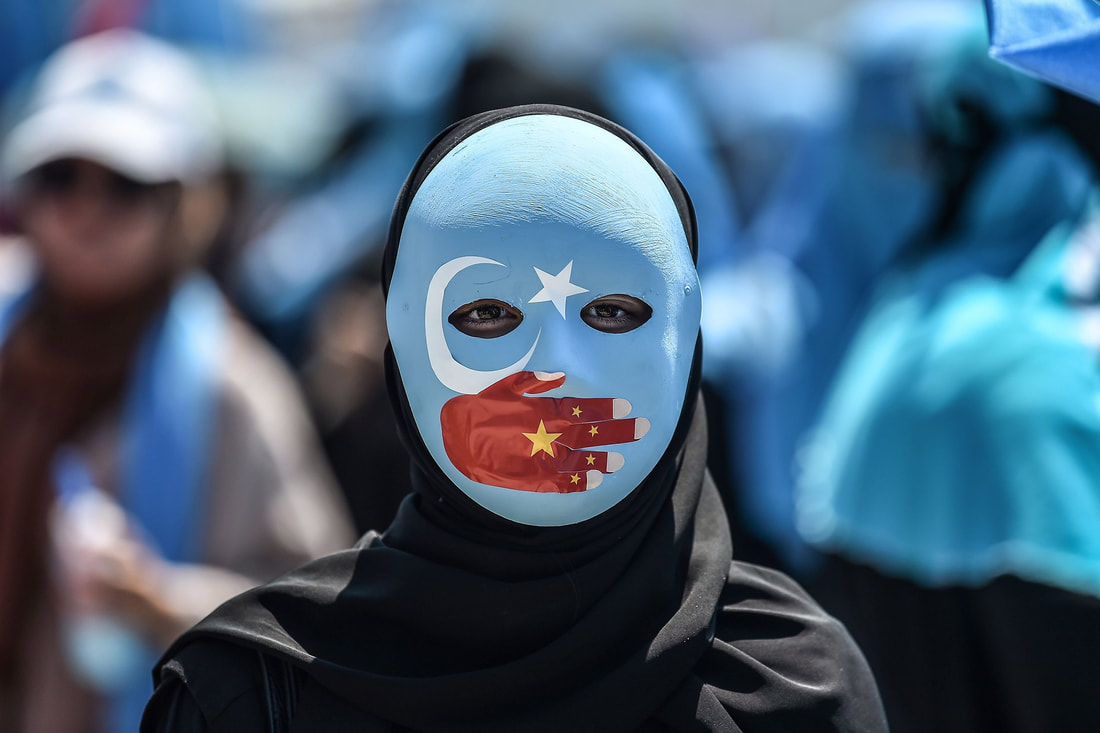
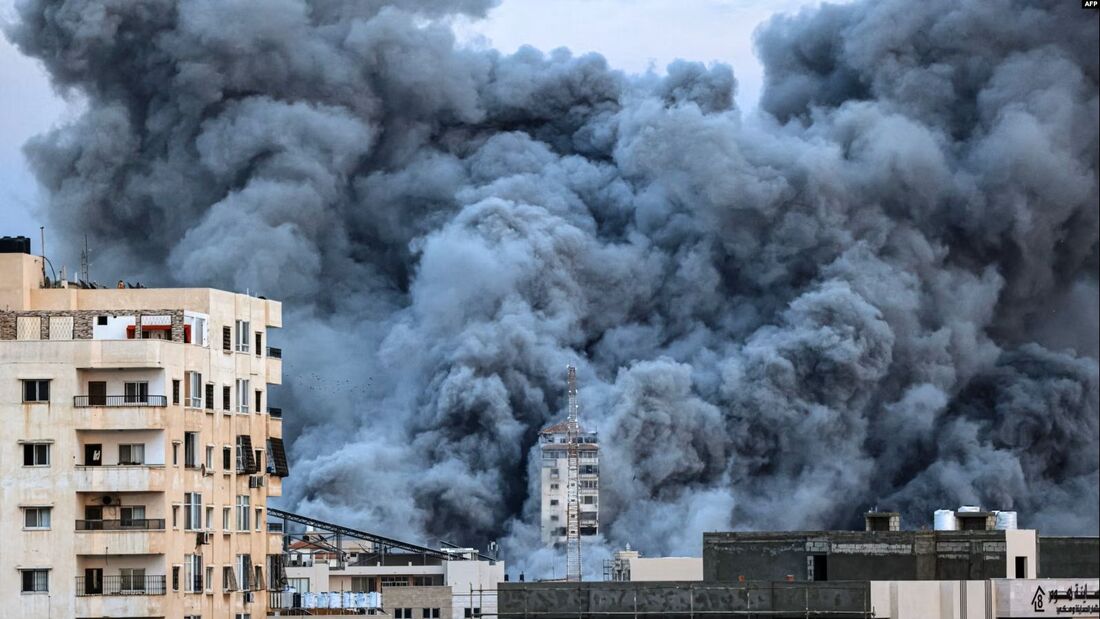

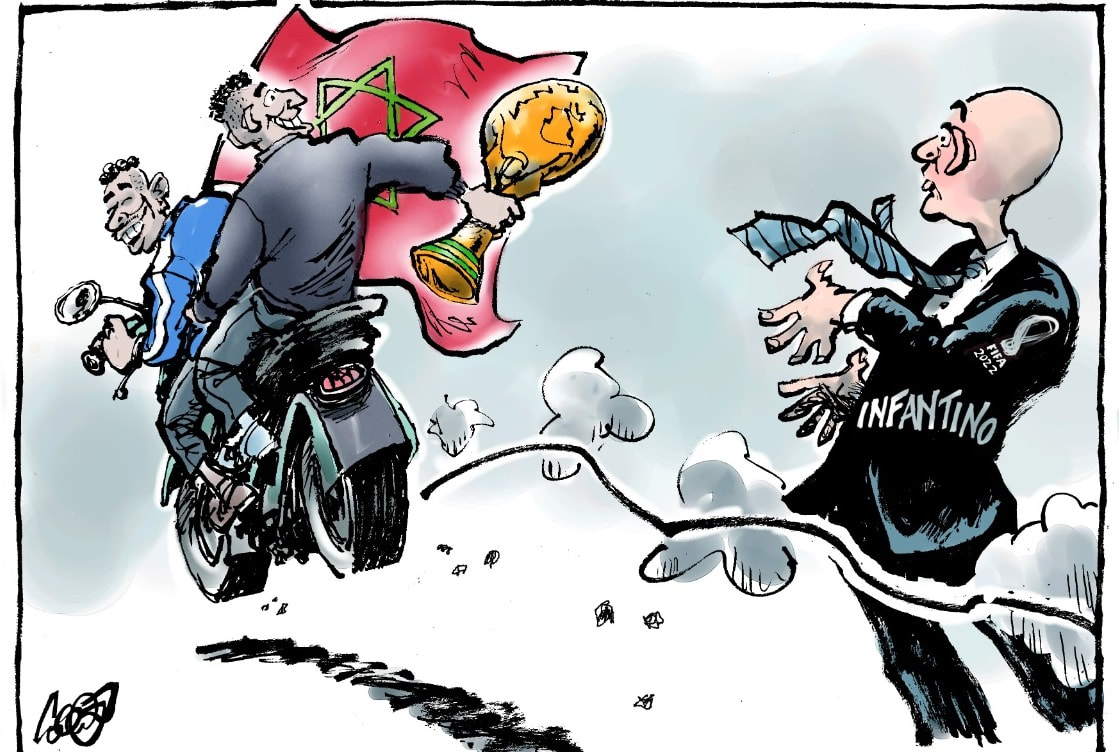
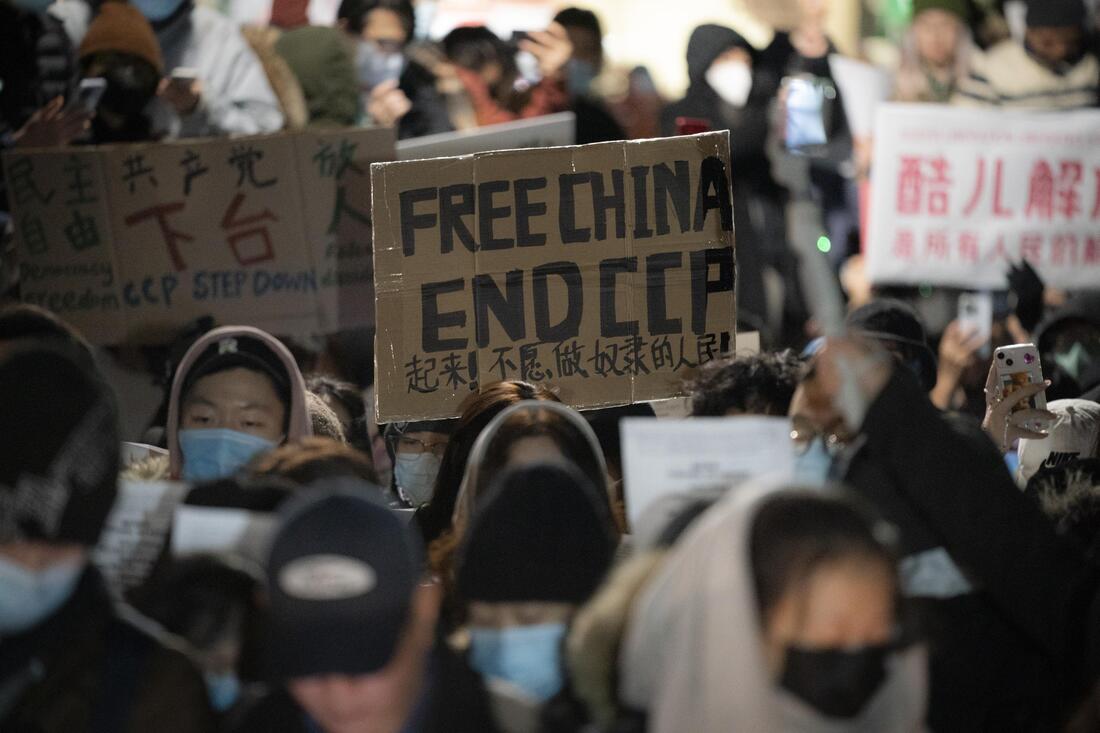


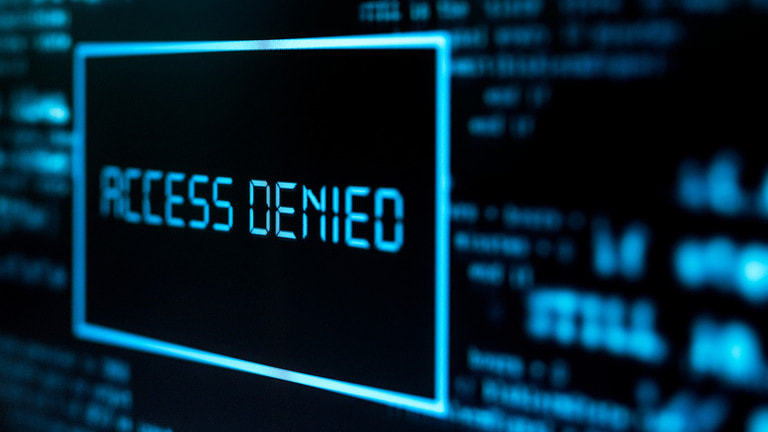
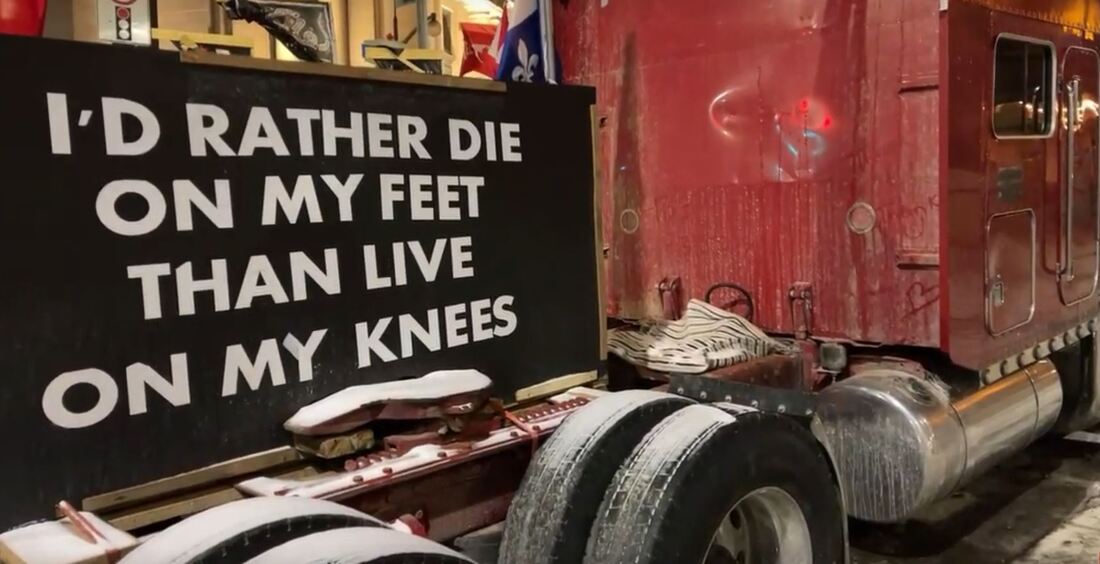

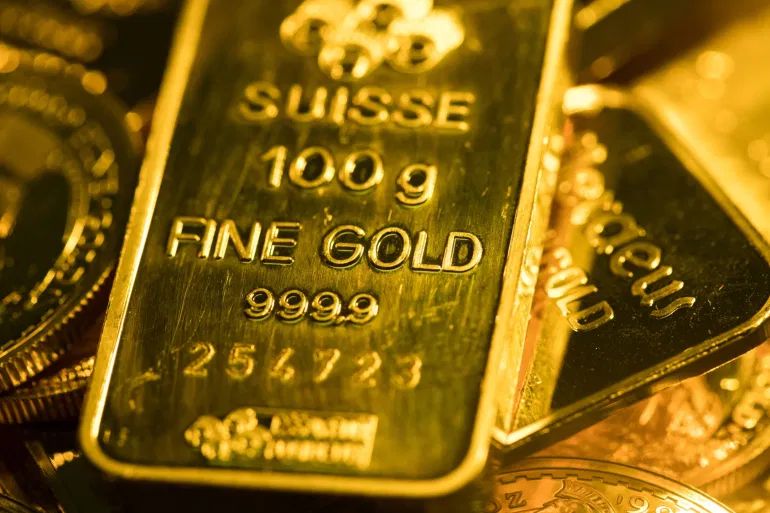



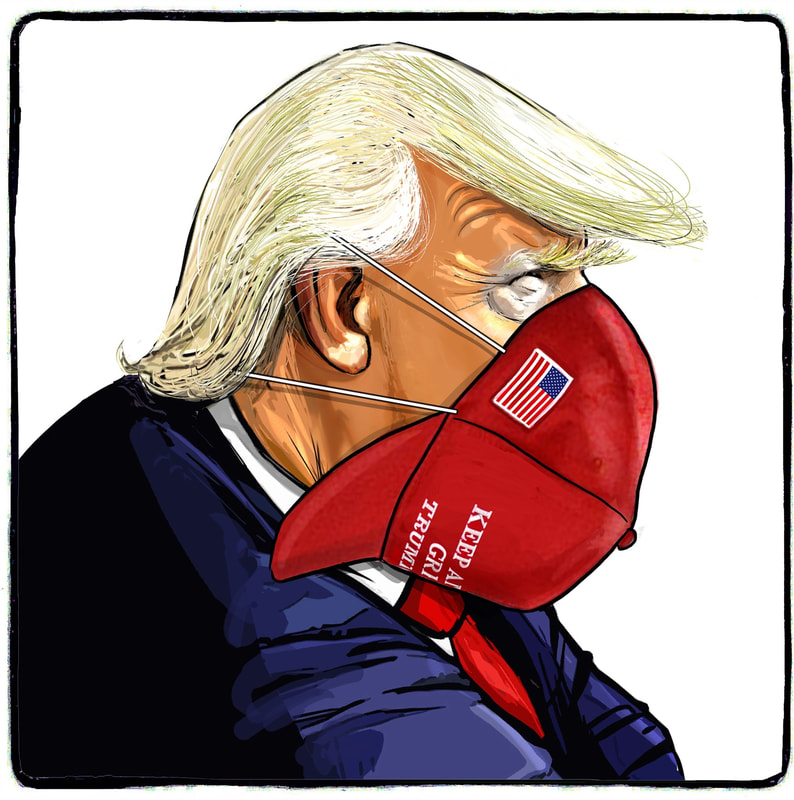
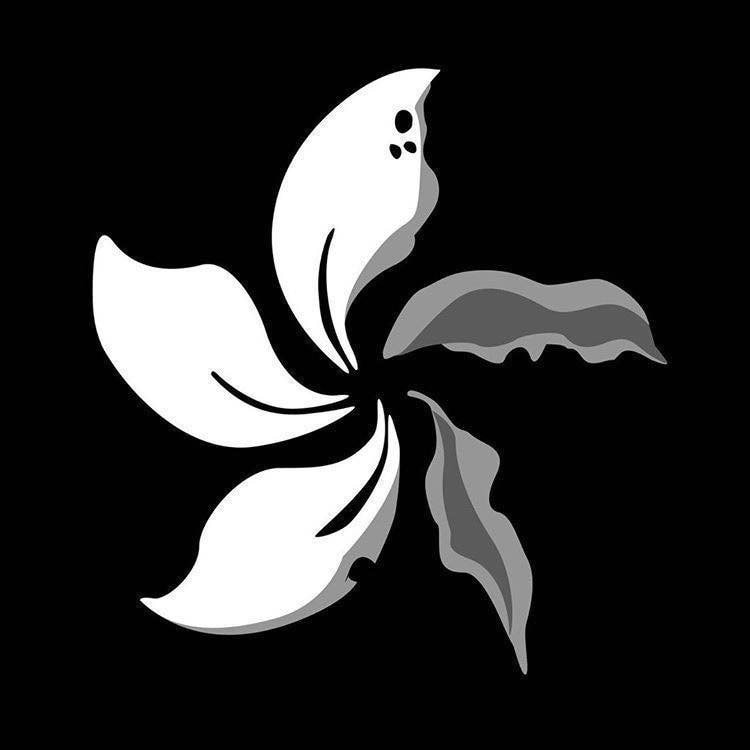

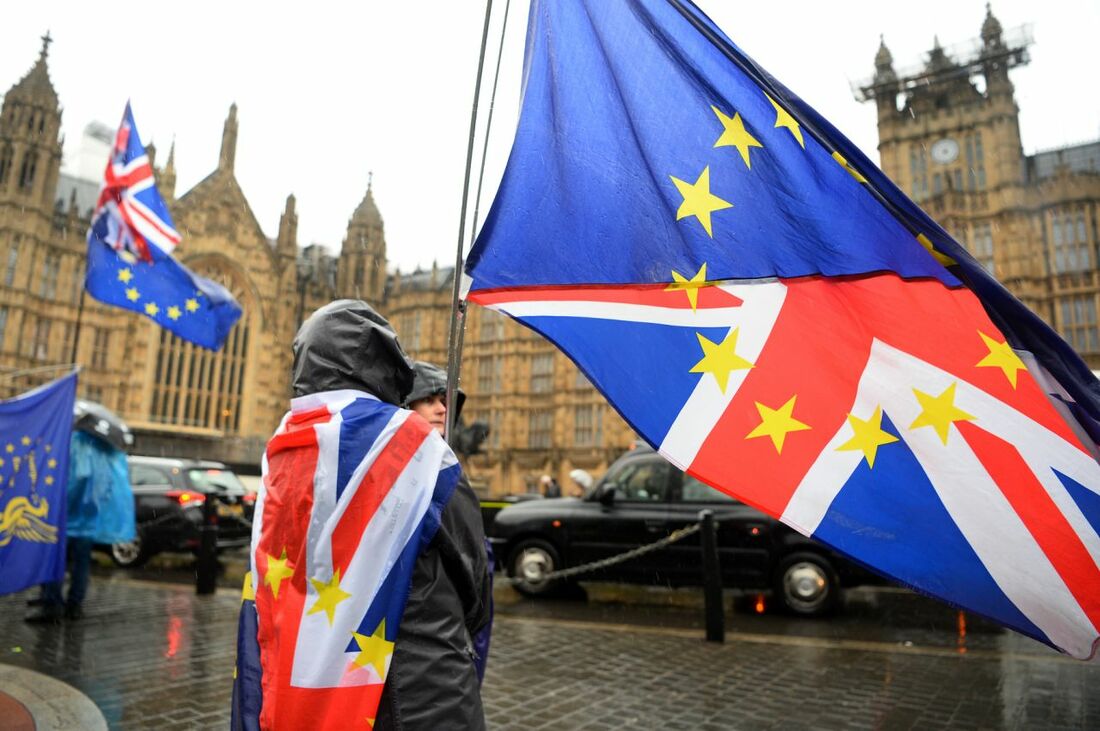
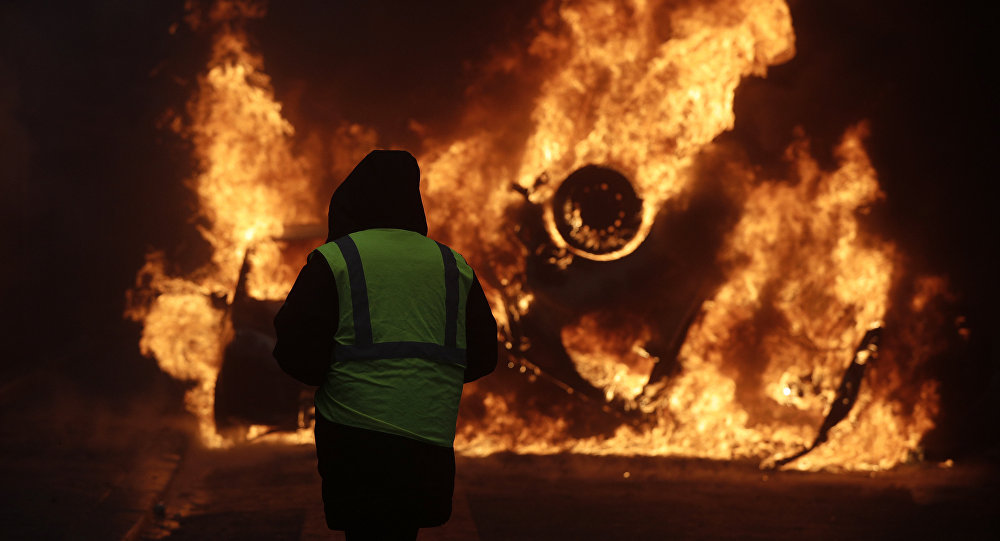
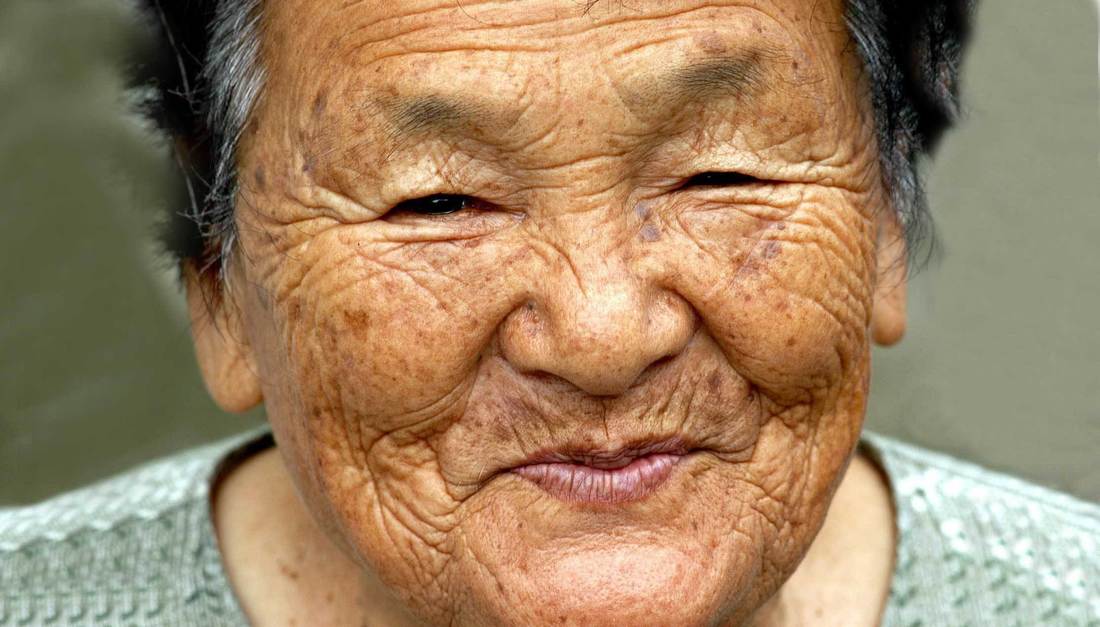
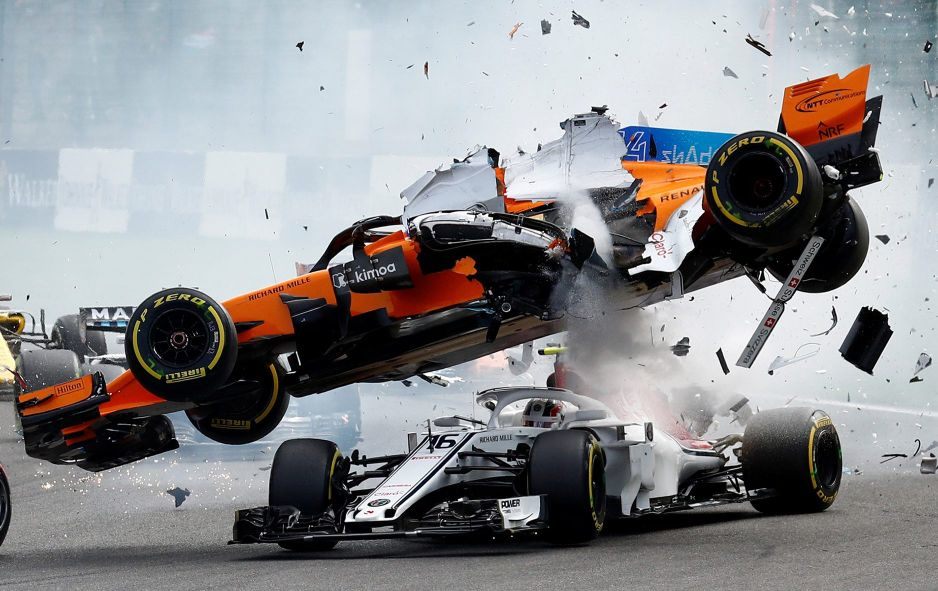
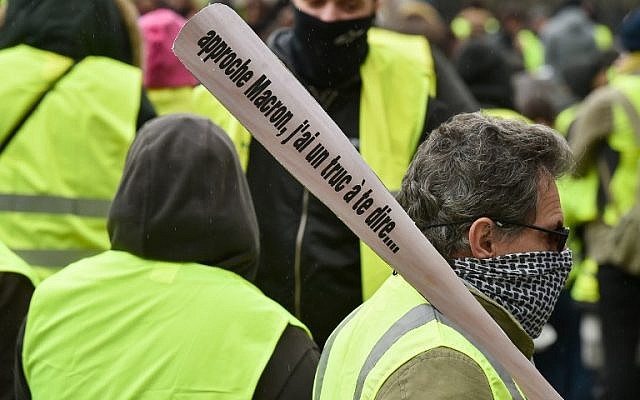
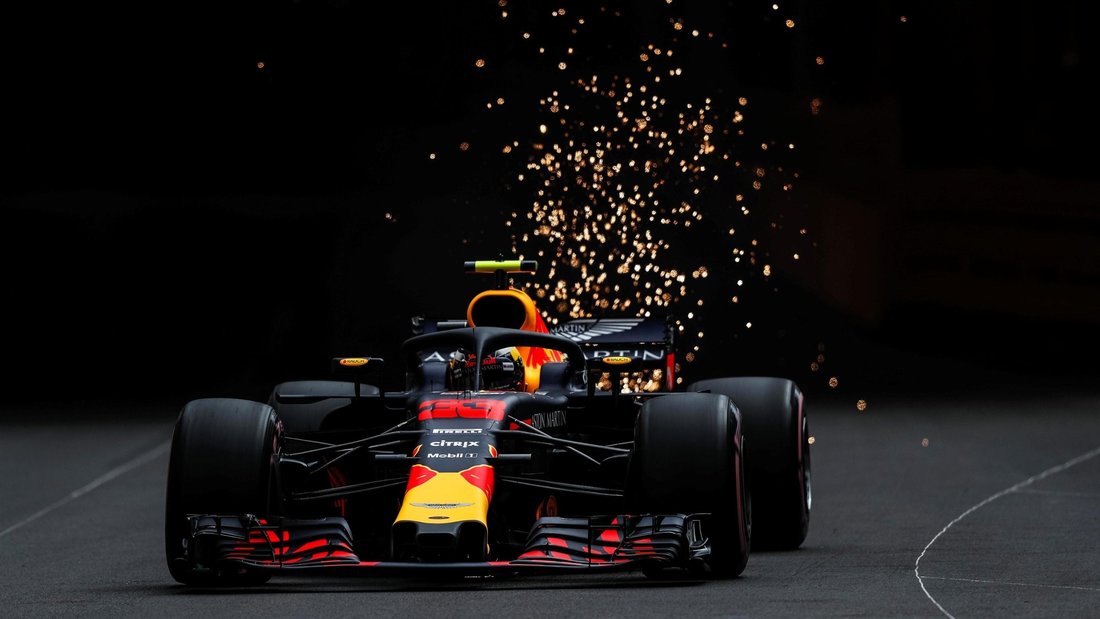
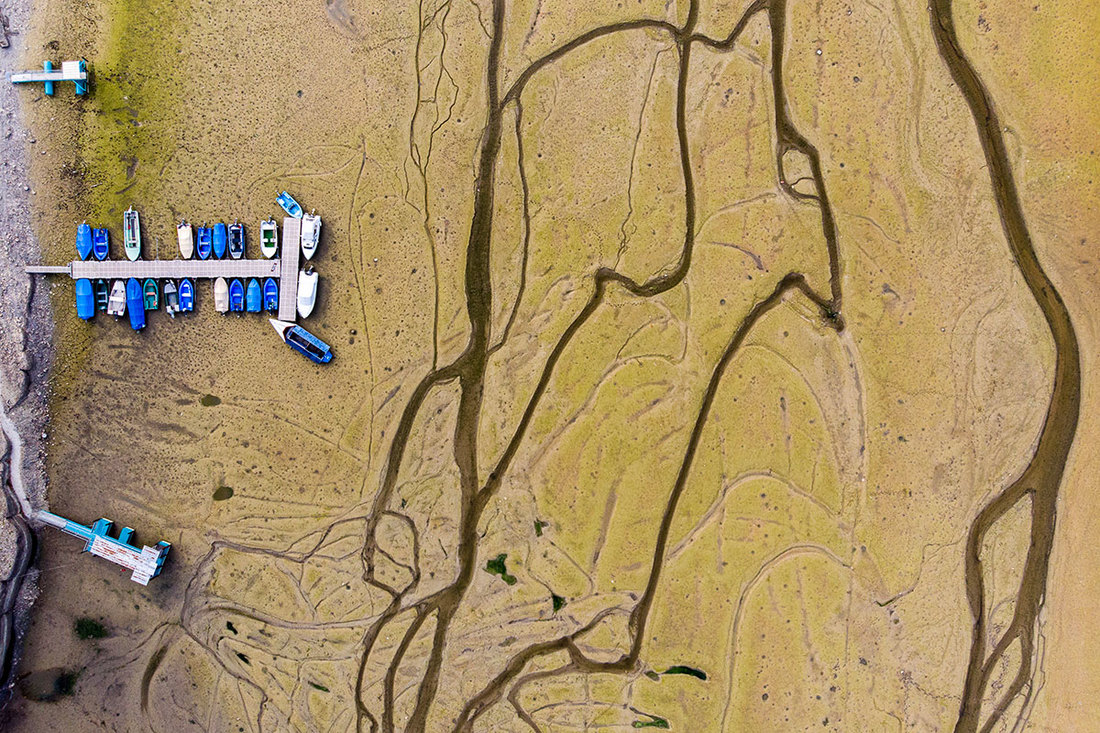
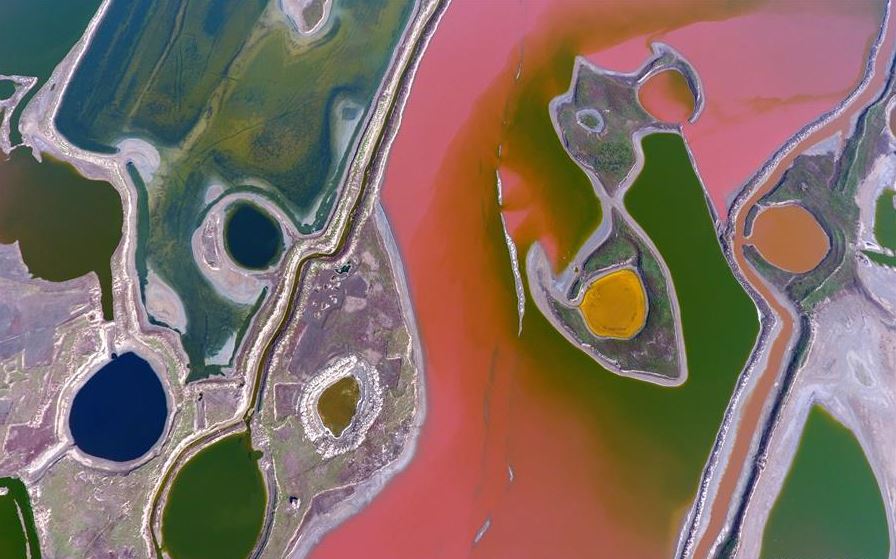
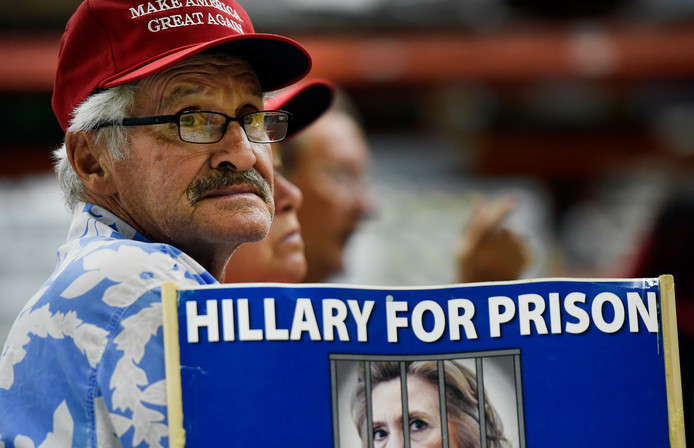
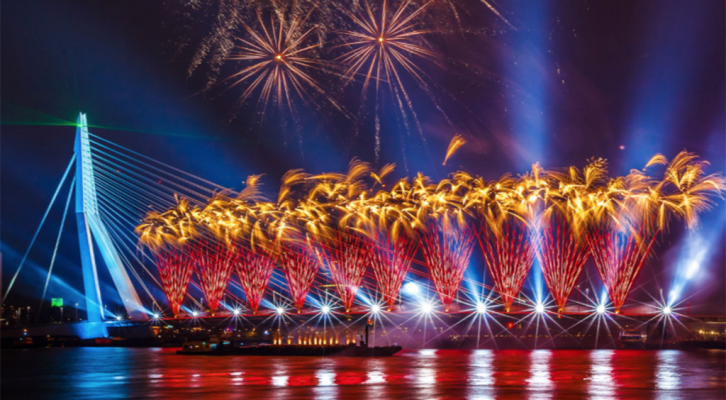
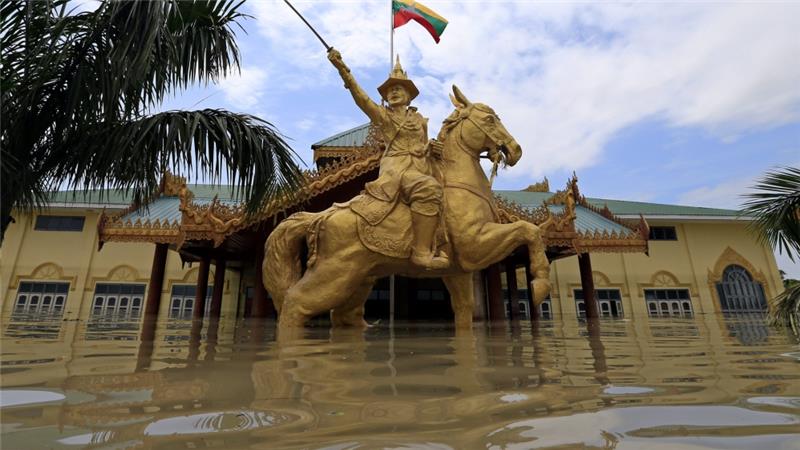

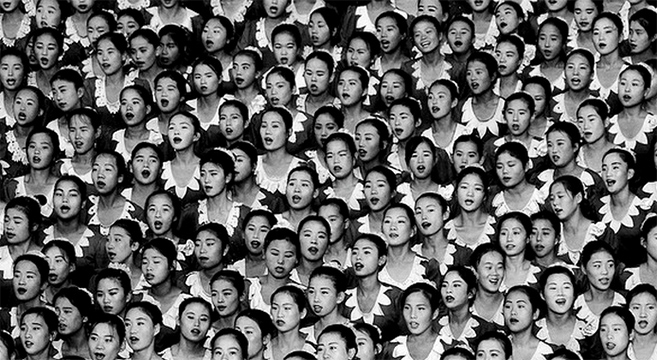
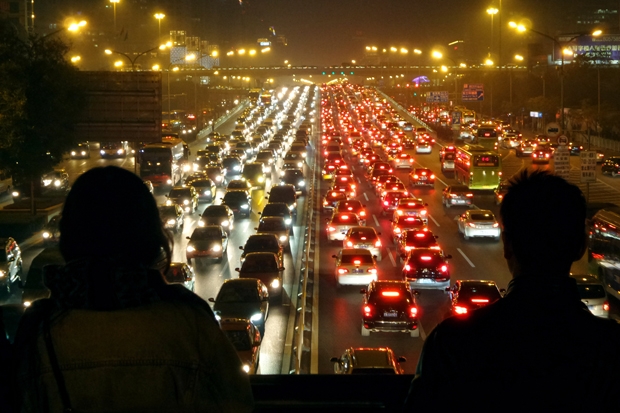
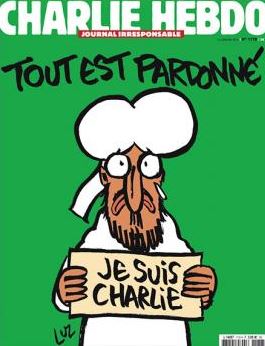
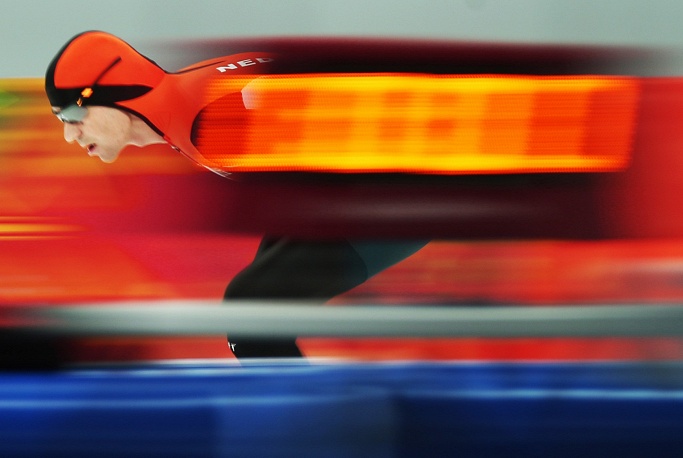
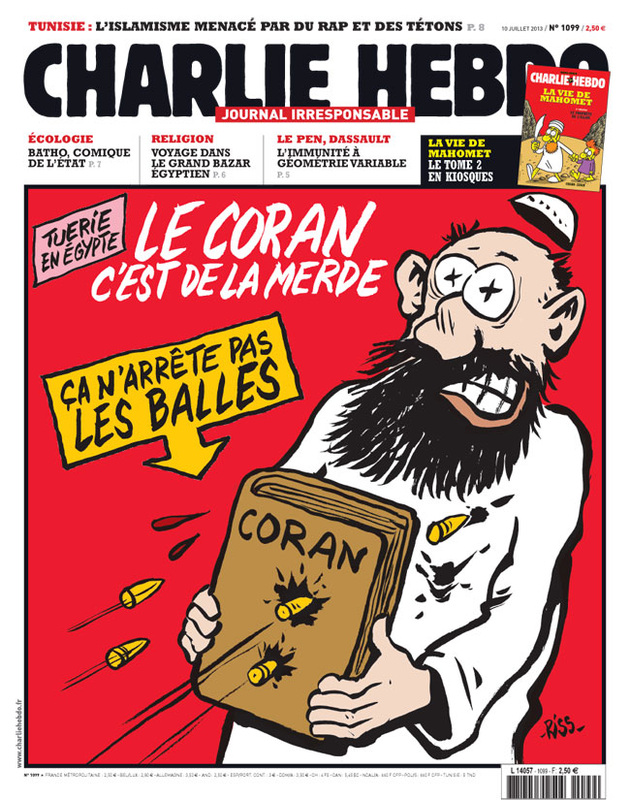
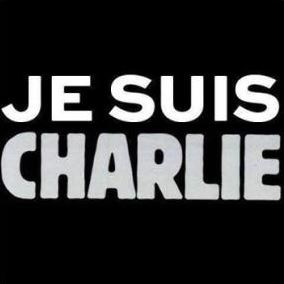
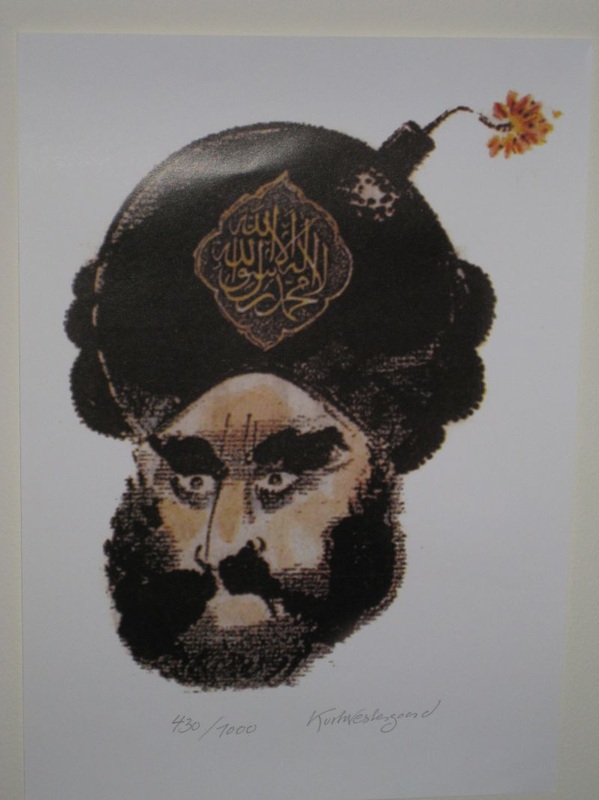
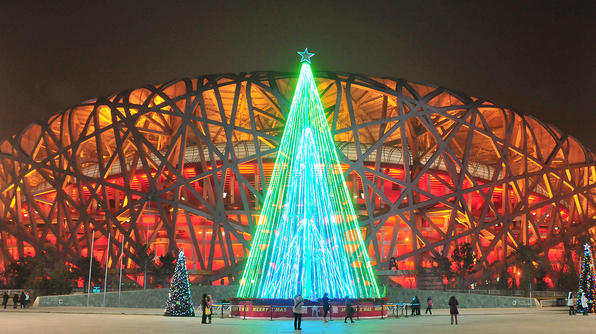
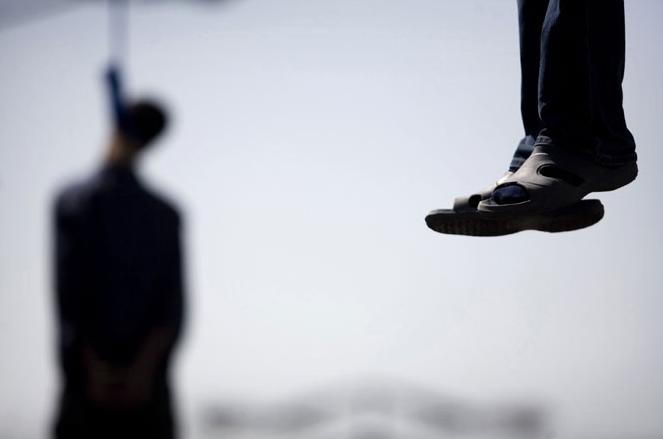
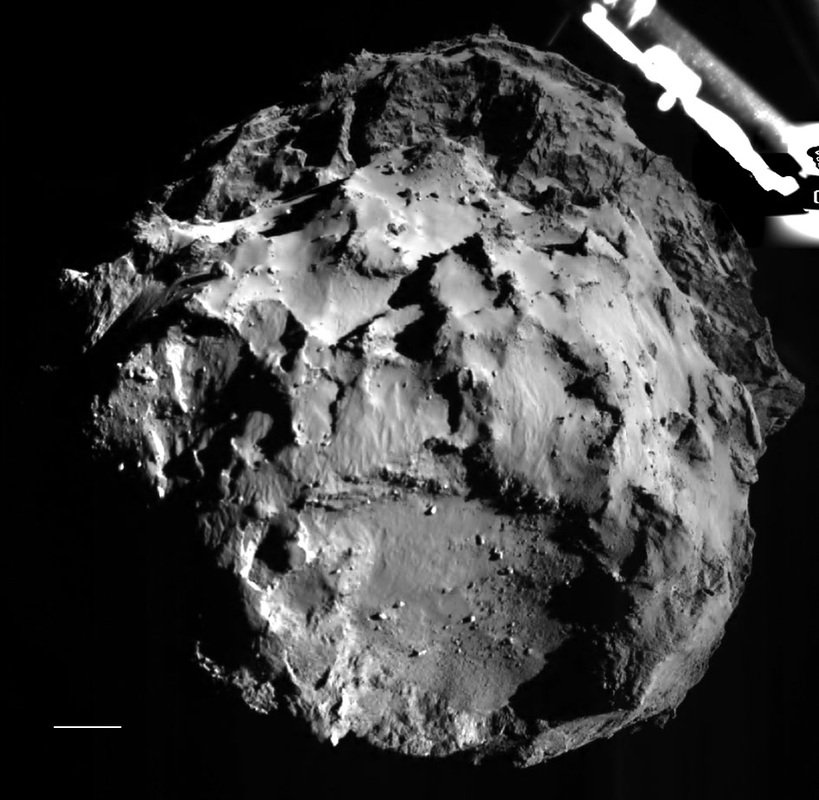

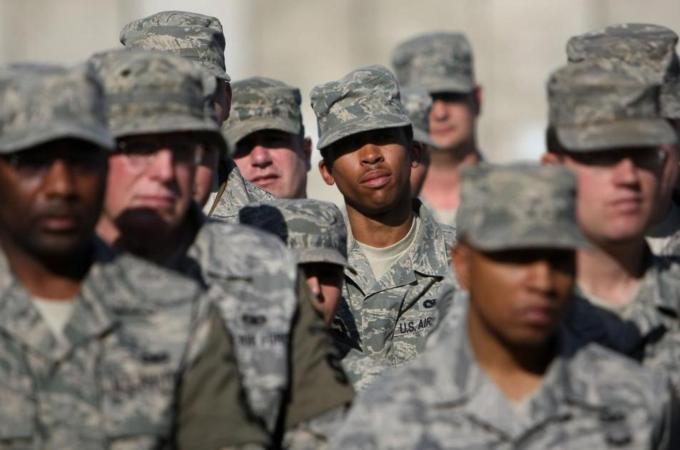

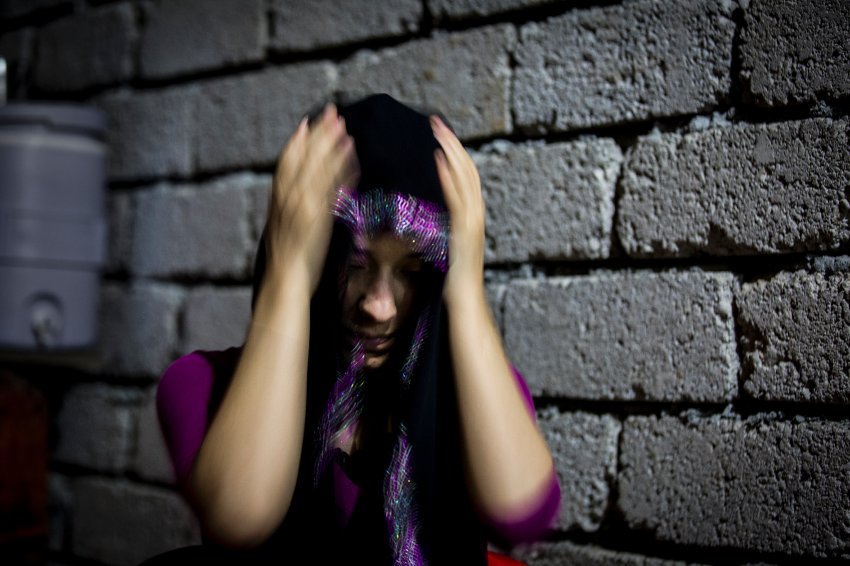
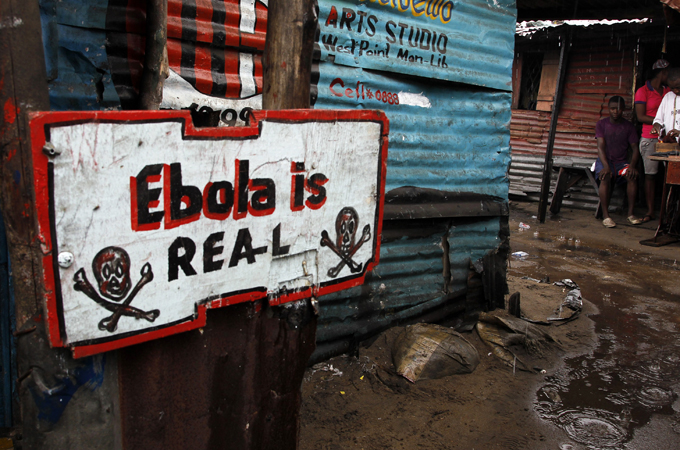
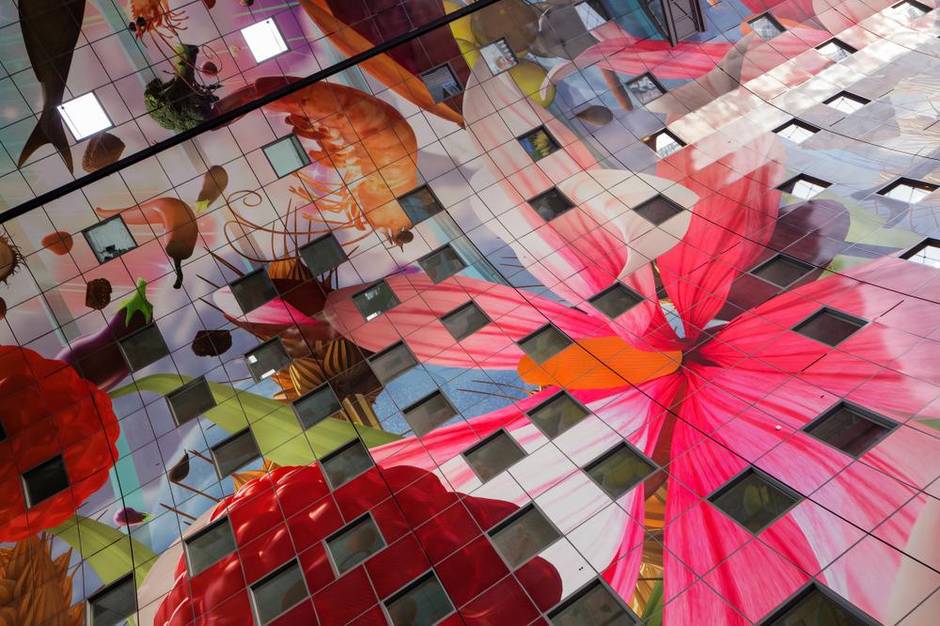
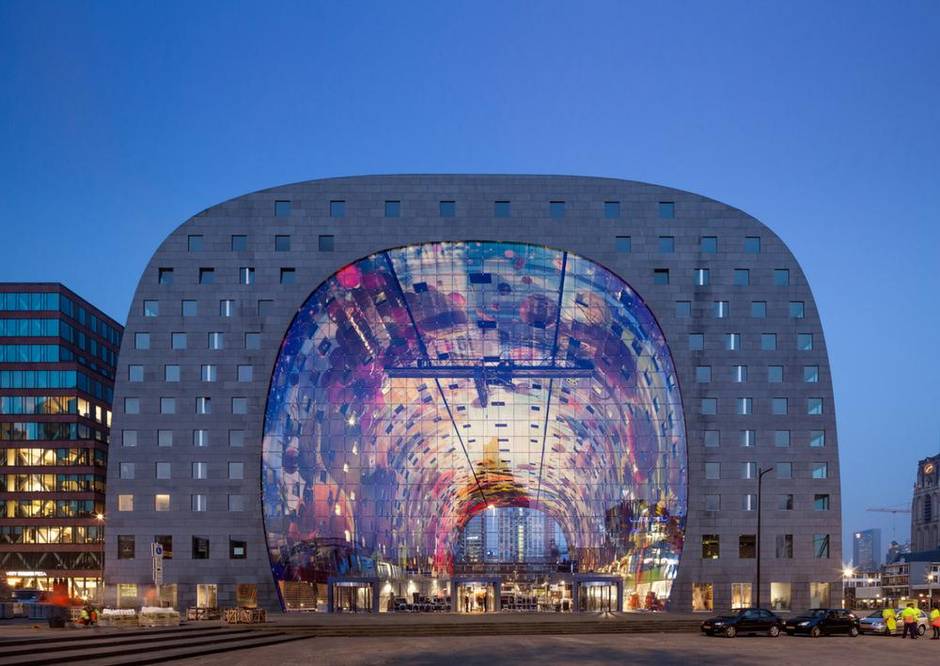
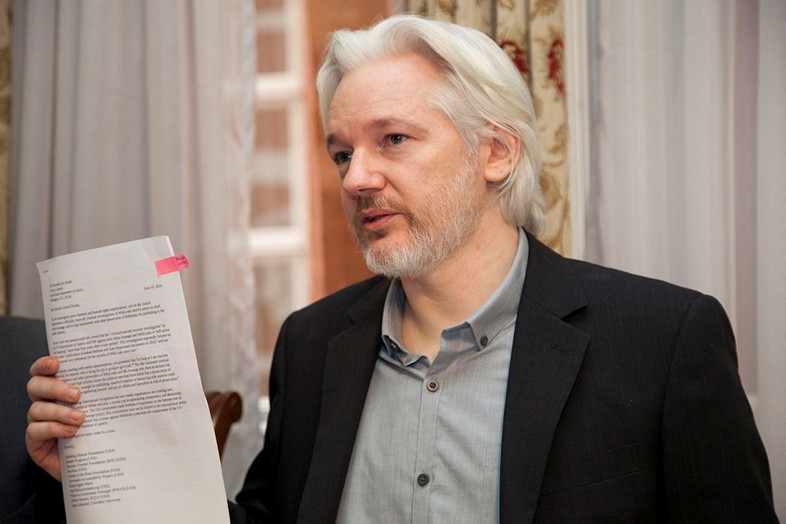
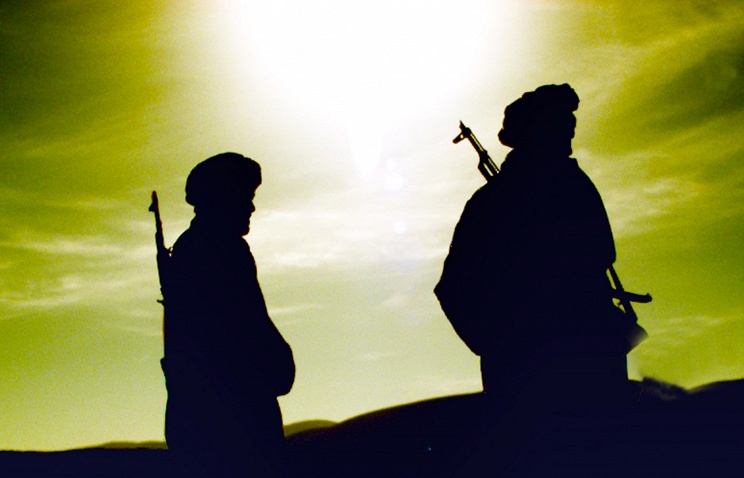

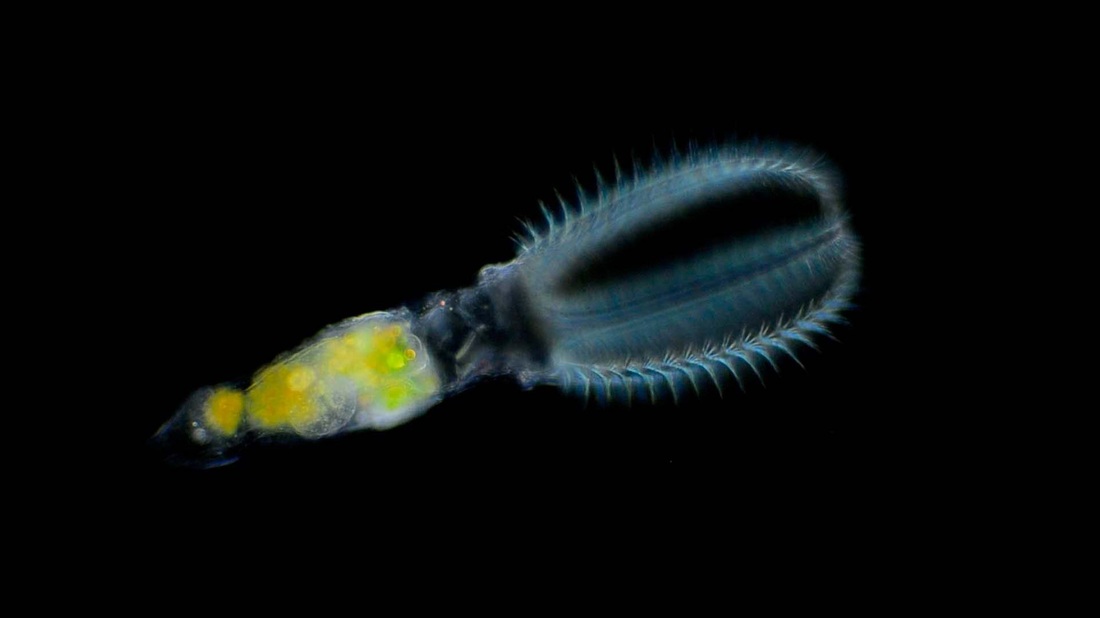
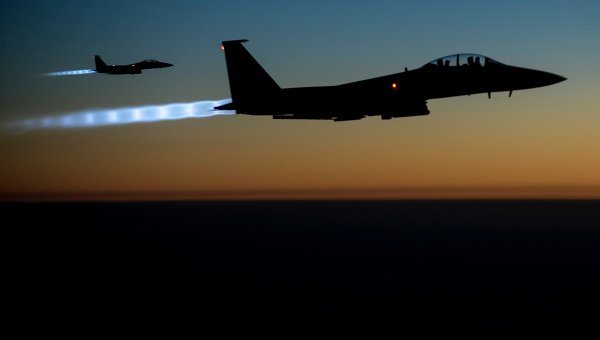
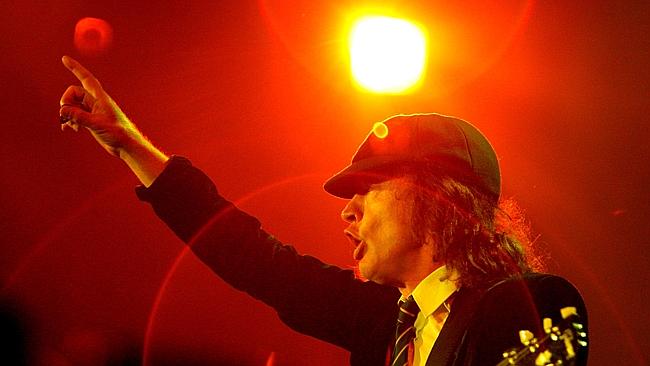
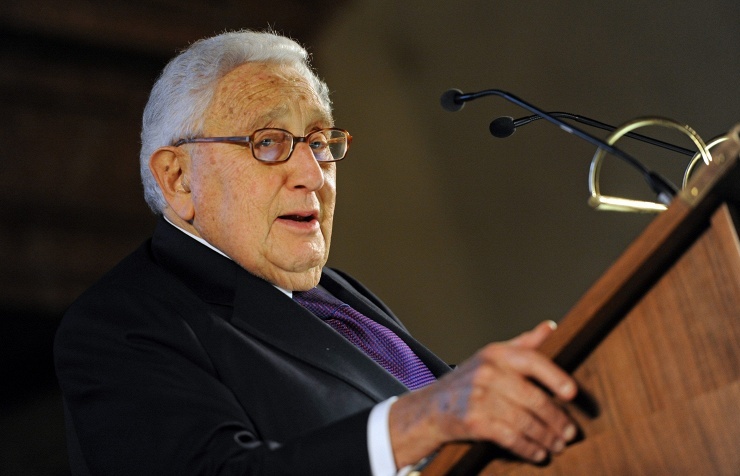
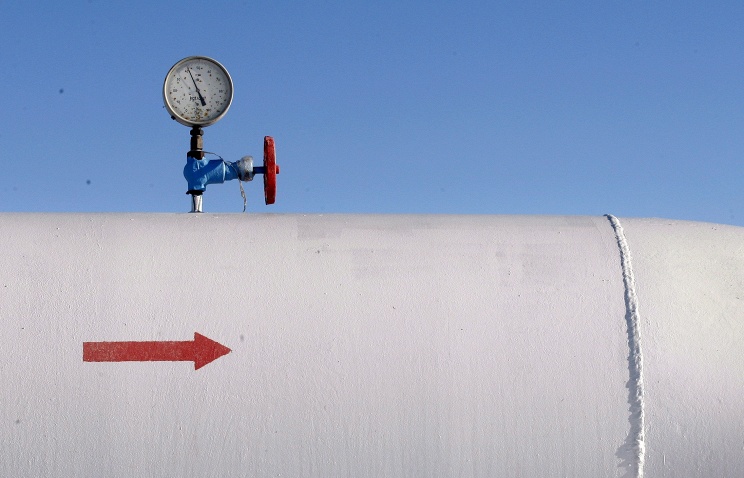
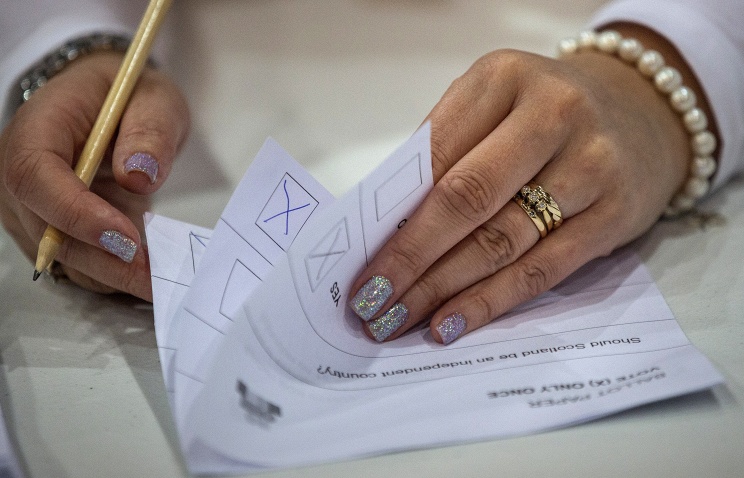
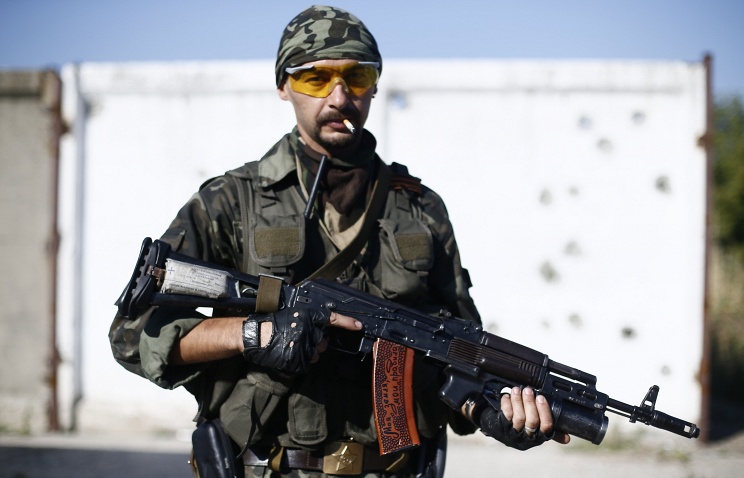

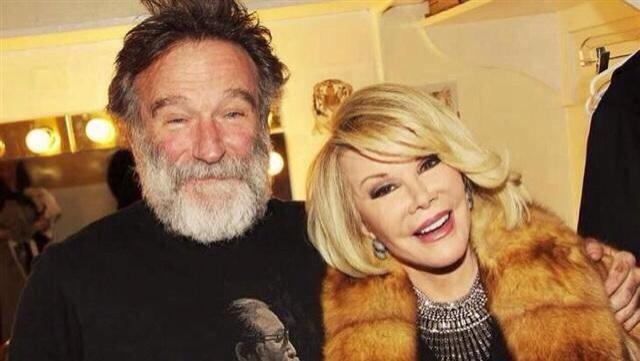

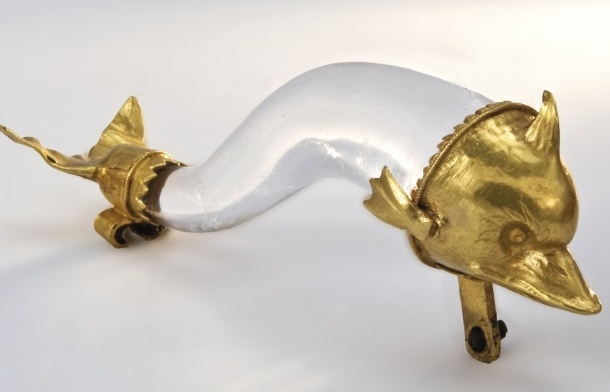
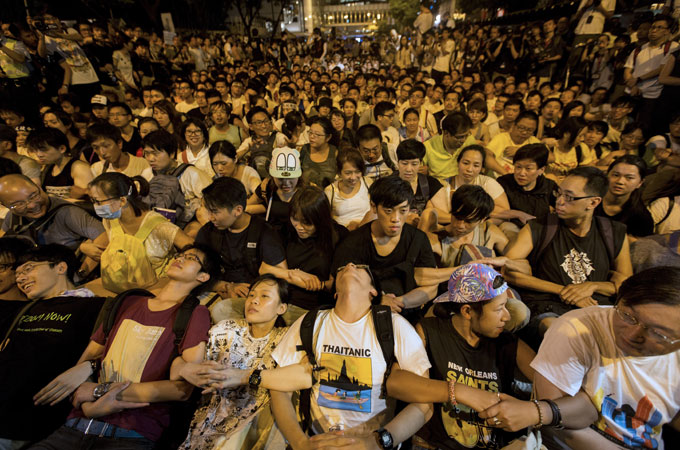
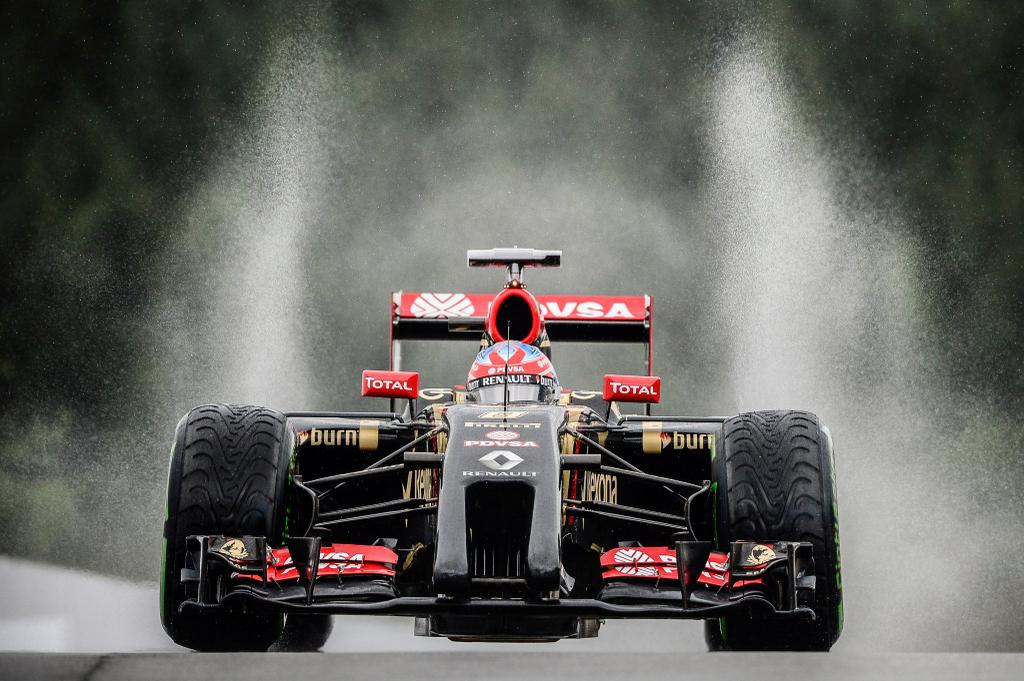
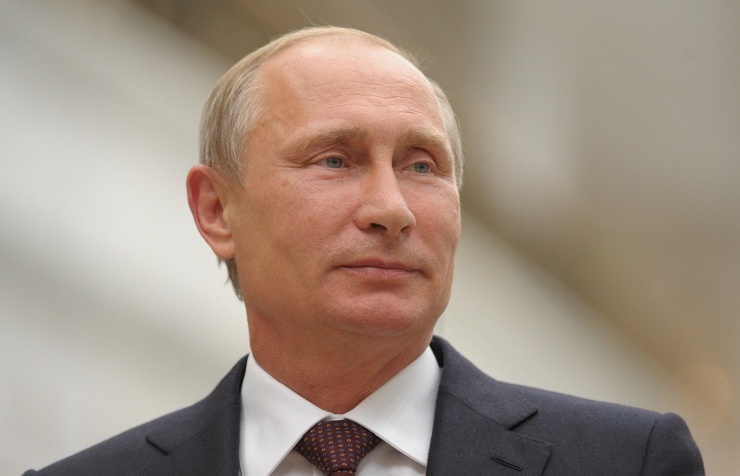
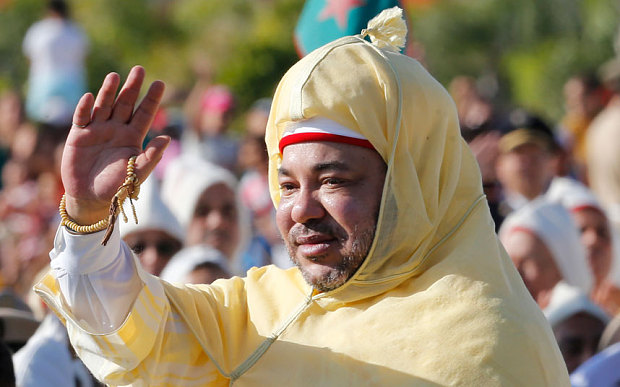
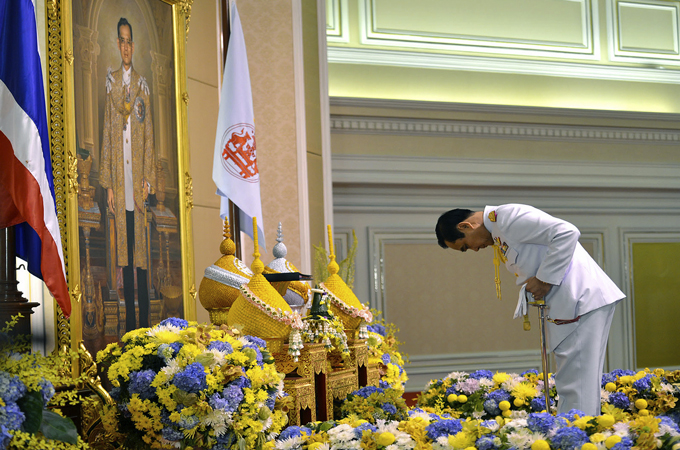
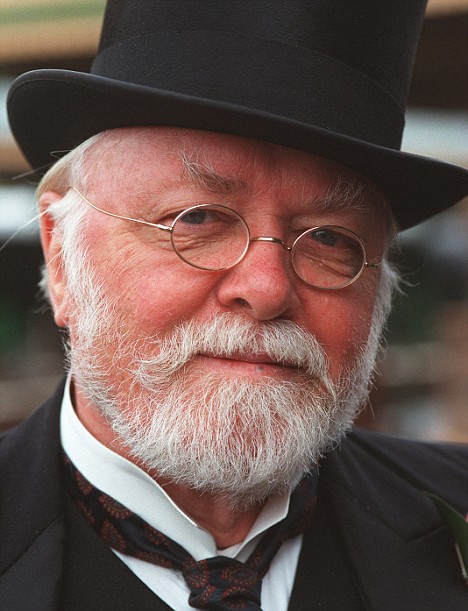
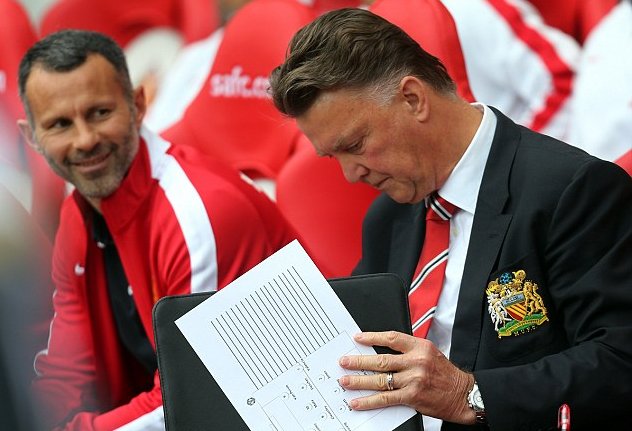
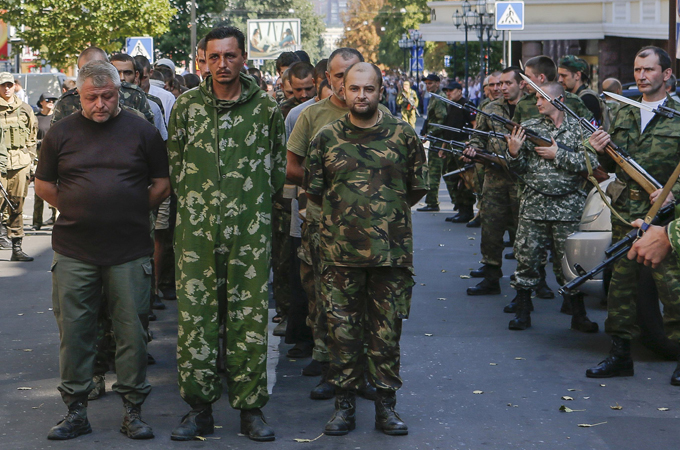
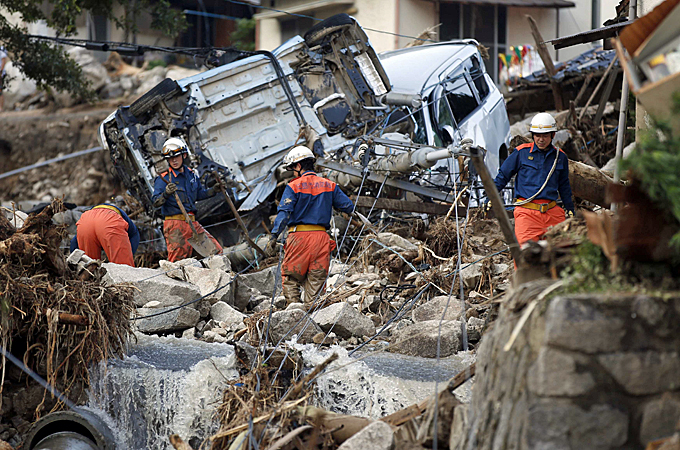

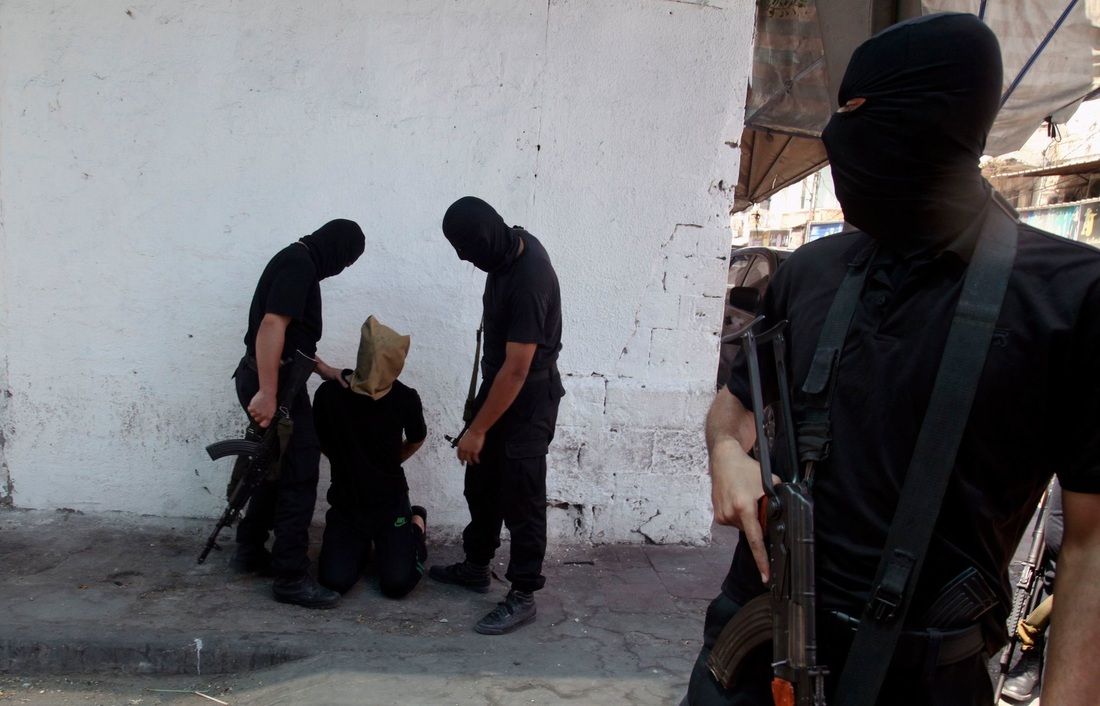
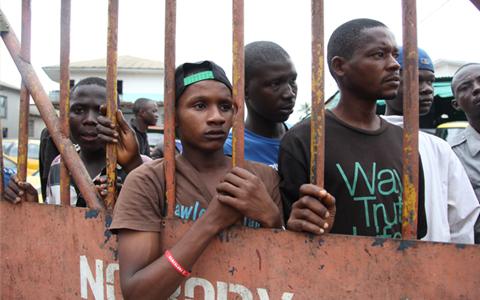
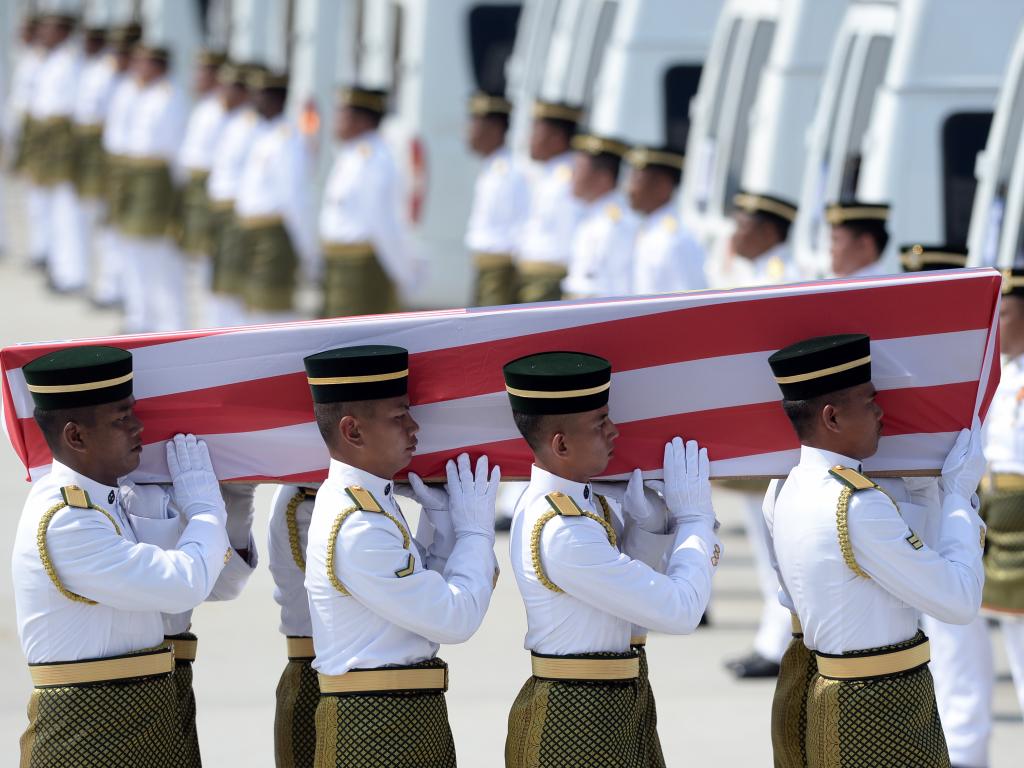

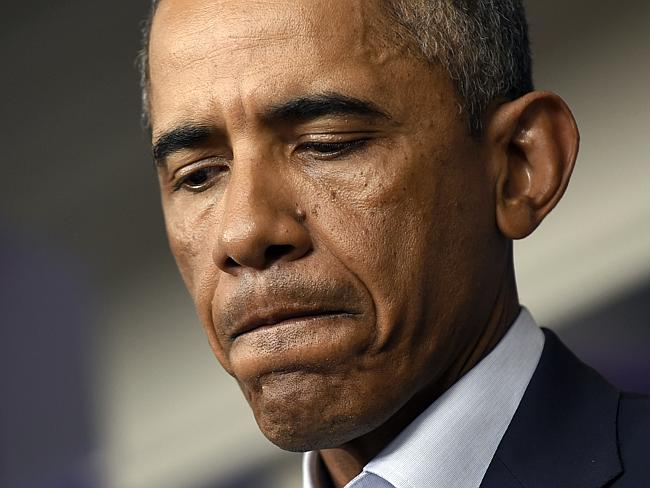

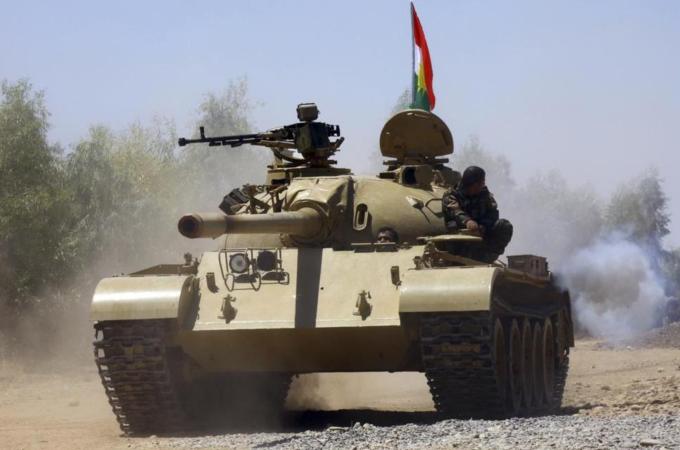
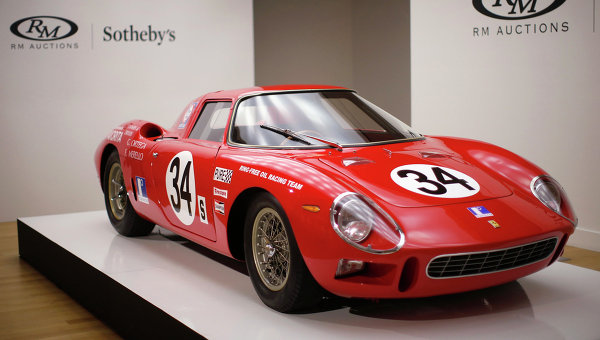
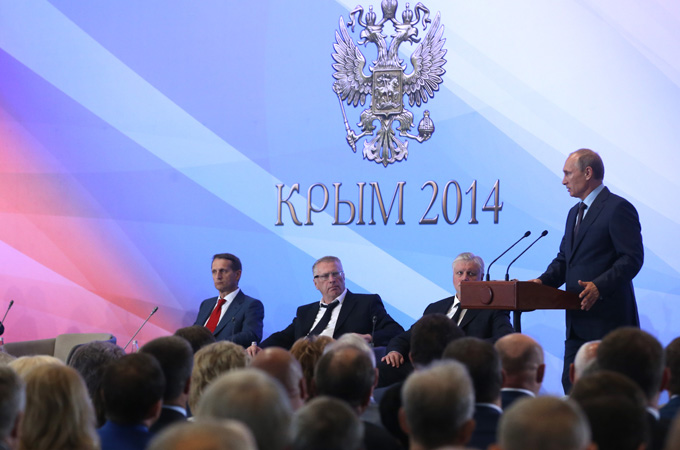
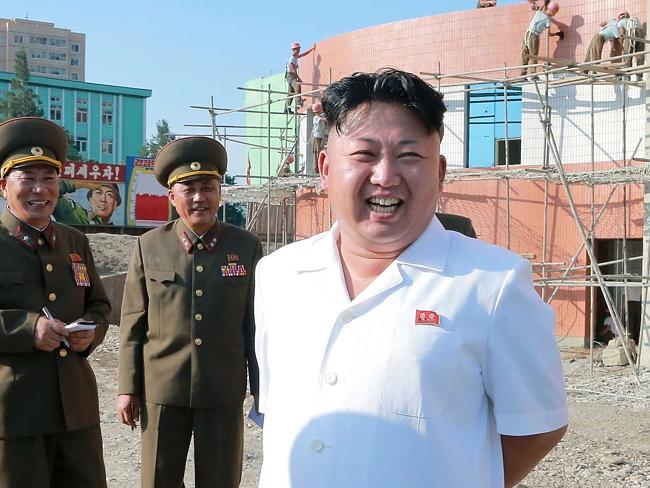
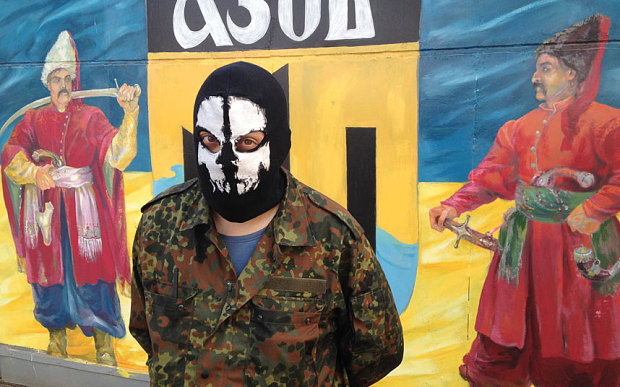
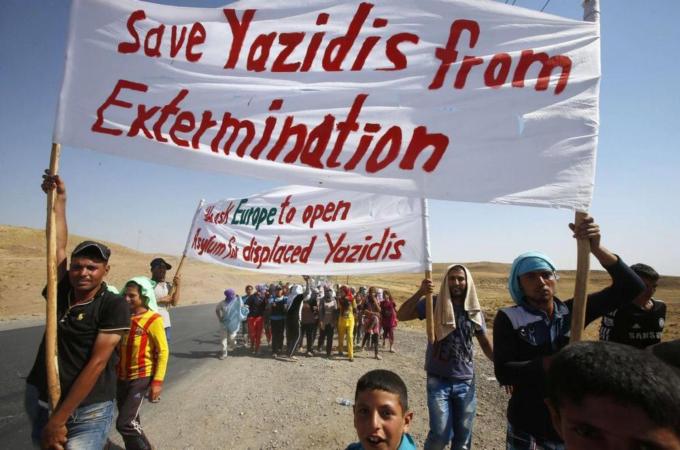
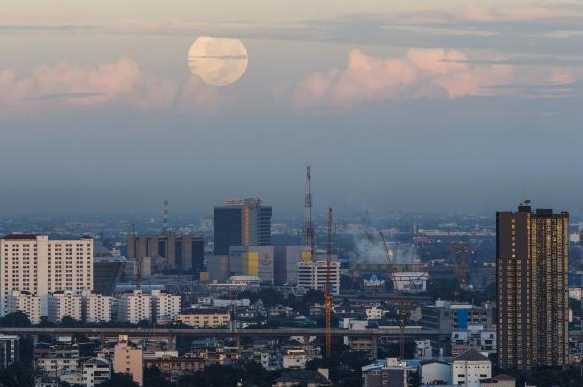
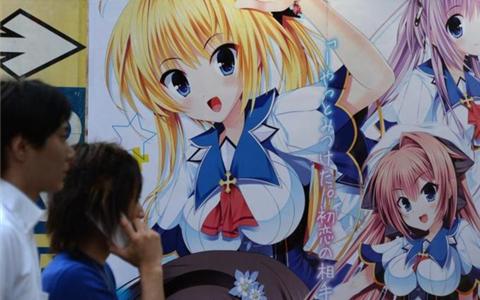
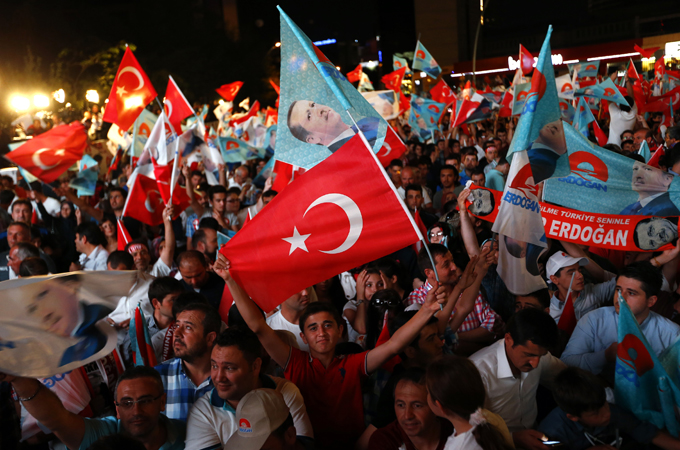
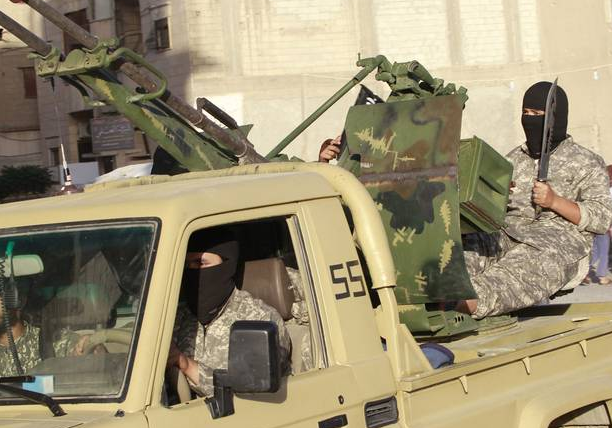
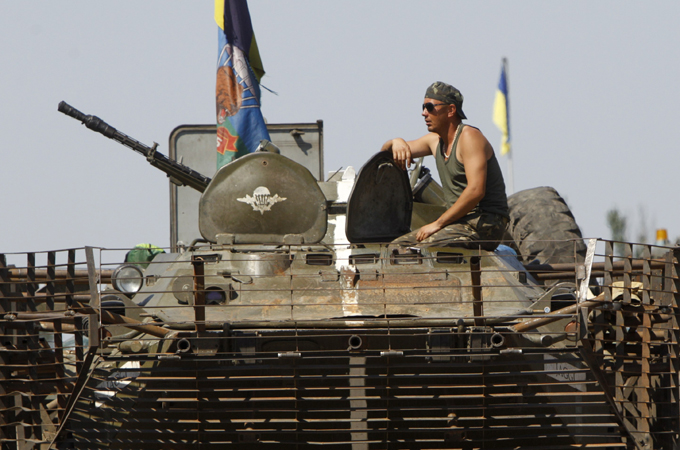
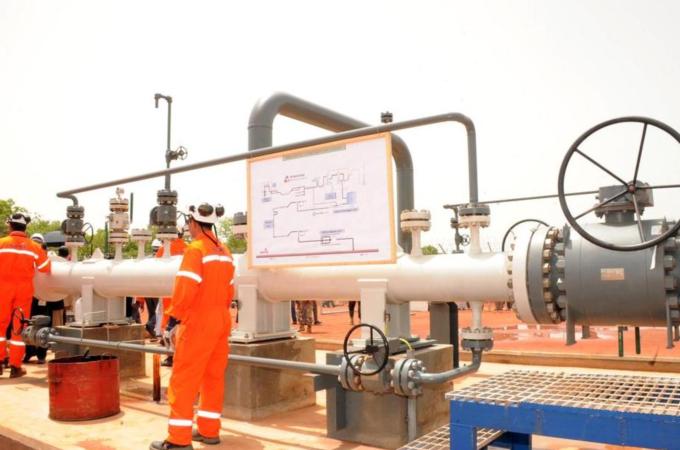
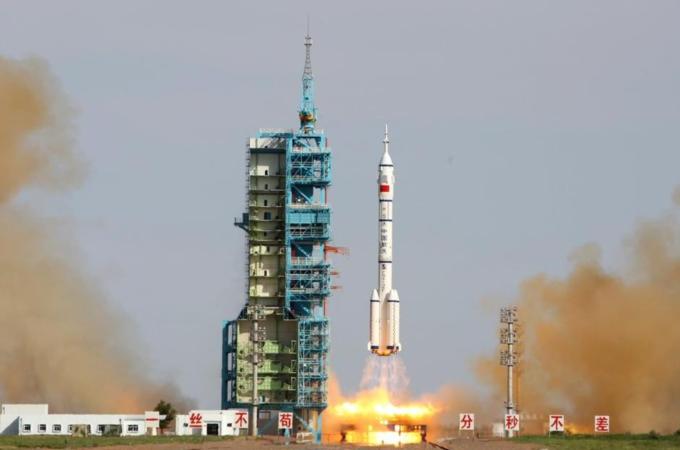
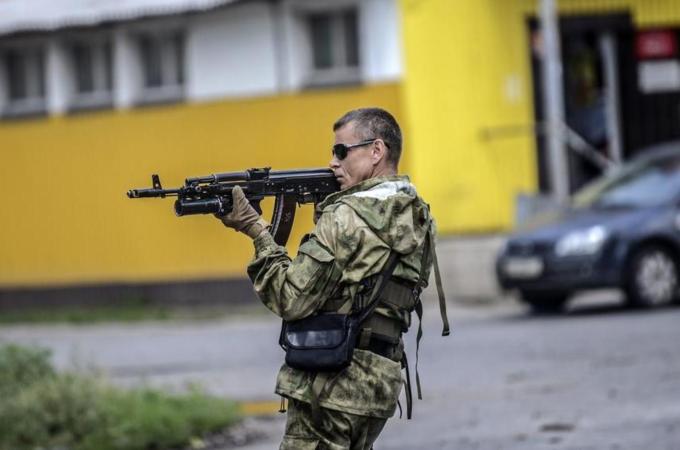


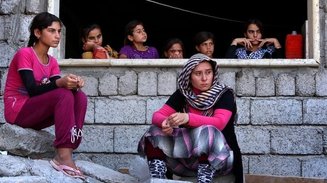
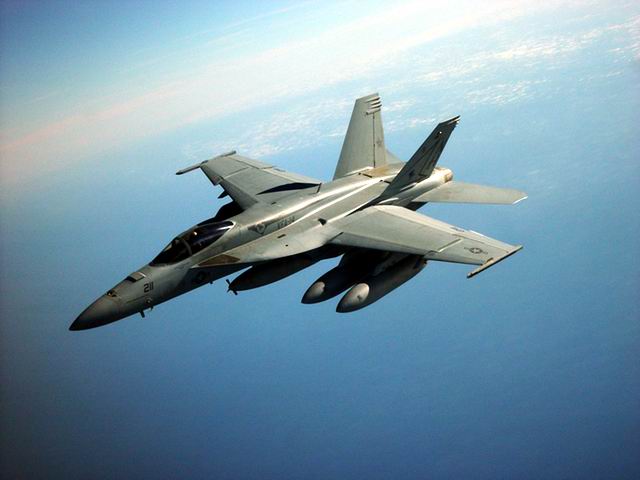
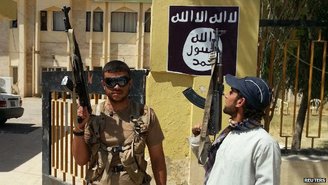
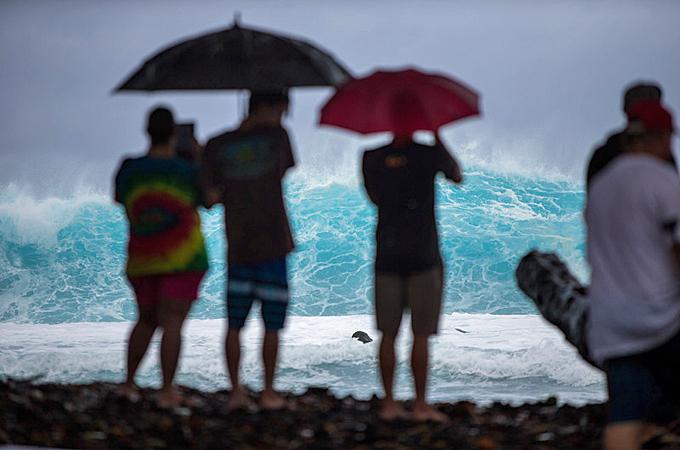
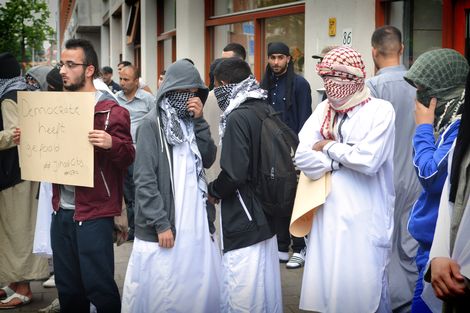
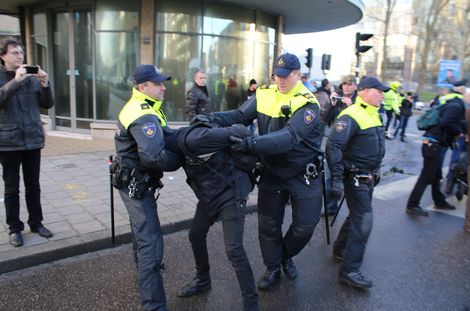
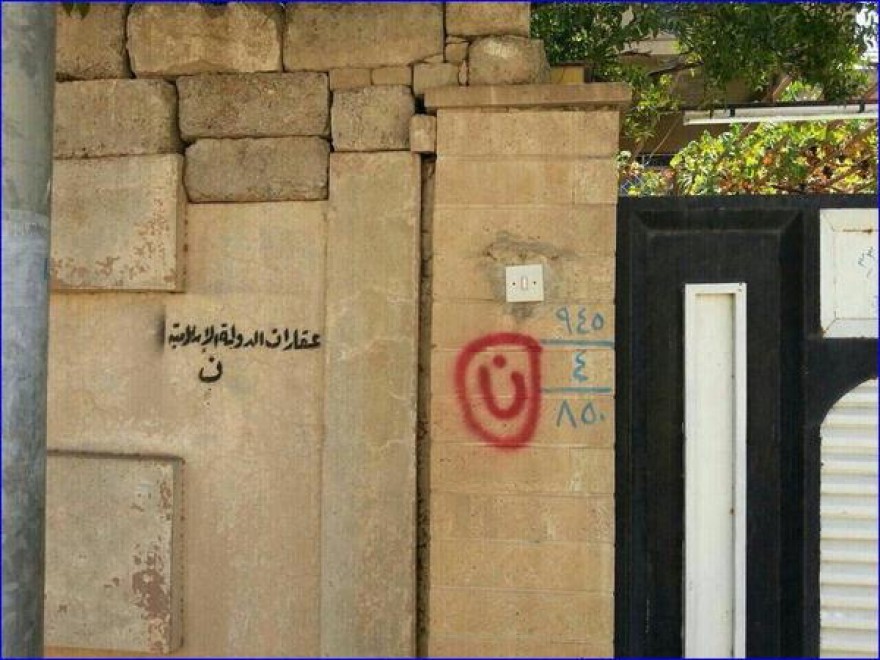
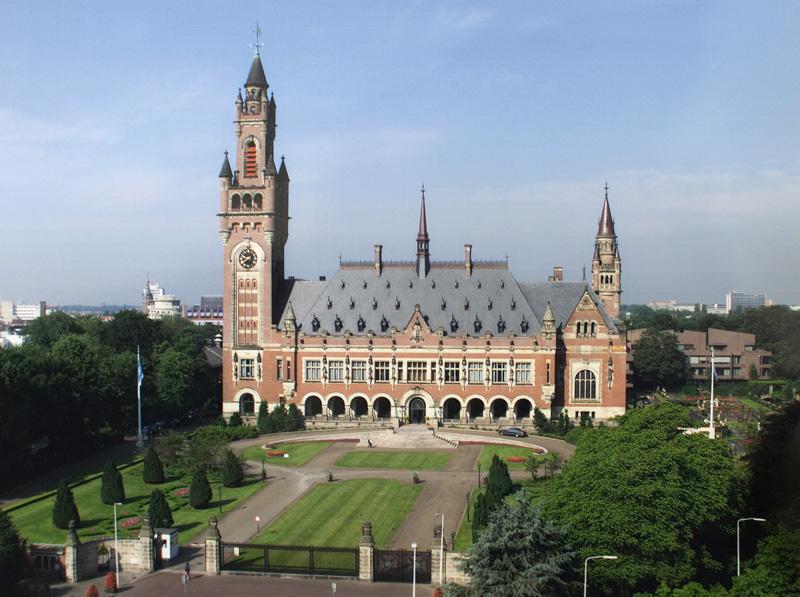
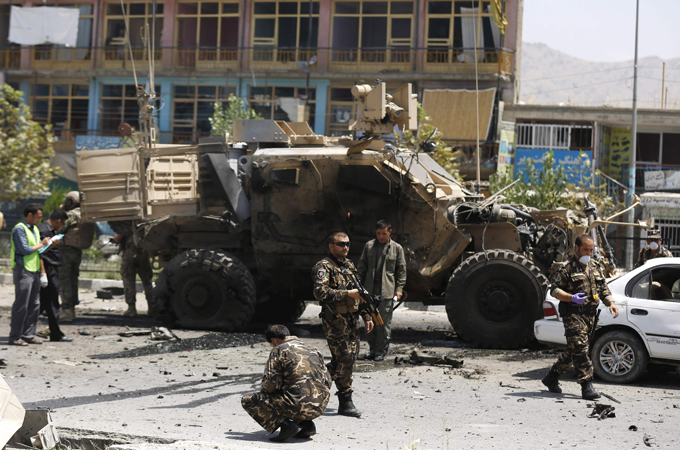
 RSS Feed
RSS Feed
